Continual Learning Institute Richard Jones Road
Prof Richard Jones
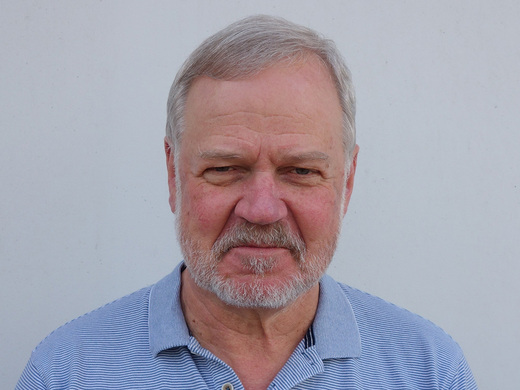
BE(Hons), ME, PhD, FACPSEM, FIPENZ, FAIMBE, FInstP, FIEEE
Neuroscientist and Neuroengineer
New Zealand Brain Research Institute, Christchurch
Director
Christchurch Neurotechnology Research Programme, Christchurch
Professor
Department of Electrical and Computer Engineering, University of Canterbury, Christchurch
Professor
School of Psychology, Speech and Hearing, University of Canterbury, Christchurch
Professor
Department of Medicine, University of Otago, Christchurch
Richard received his BE(Hons) and ME degrees in Electrical and Electronic Engineering from the University of Canterbury in 1974 and 1975 respectively and a PhD in Medicine from the Christchurch School of Medicine, University of Otago, Christchurch, in 1987.
He is Director of the Christchurch Neurotechnology Research Programme, a biomedical engineer & neuroscientist in the Department of Medical Physics & Bioengineering of Canterbury District Health Board, a Professor in Electrical and Computer Engineering at University of Canterbury, a Professor in Psychology at University of Canterbury,and a Research Professor in Medicine at University of Otago, Christchurch.
Richard is a Fellow of the Institution of Professional Engineers New Zealand, a Fellow and a Past President of the Australasian College of Physical Scientists and Engineers in Medicine, a Fellow of American Institution for Medical and Biological Engineering, and a Fellow of the Institute of Physics (UK), and a Fellow of the Institute of Electrical & Electronic Engineers (IEEE). He is Editor of the Neural & Rehabilitation Engineering Theme at Annual International Conferences of the IEEE Engineering in Medicine & Biology Society. He is a past Associate Editor of the IEEE Transactions on Neural Systems and Rehabilitation Engineering, the IEEE Transactions on Biomedical Engineering, and the Journal of Neural Engineering.
In 2013 and 2015, Richard was voted Supervisor of the Year by the students of University of Canterbury.
Research Interests
- Biomedical and neural engineering
- Lapses (behavioural microsleeps & lapses of attention) and drowsiness - Detection from behavioural measures (tracking and video metrics); Detection from electrophysiological signals (EEG, EOG); Brain mechanisms via simultaneous-fMRI+EEG+Tracking+Video
- Human performance engineering - Development and application of computerized tests for quantification of upper-limb sensory-motor and cognitive function, particularly in brain disorders (stroke, Parkinson's disease, traumatic brain injury) and driving assessment
- Sleep and sleep disorders
- Signal processing in clinical neurophysiology - Detection of epileptic activity
- Neural control of swallowing
- Forensic brainwave analysis.
Research Programme
Christchurch Neurotechnology Research Programme - www.neurotech.org.nz
Supervisory roles
Primary supervisor
- Russ Buckley PhD Candidate (Medicine, UO)
- Venkat Krishnamoorthy PhD Candidate (Medicine, UO)
- Uma Venkatasubramanian PhD Candidate (Medicine, UO)
- Mohamed Zaky PhD Candidate (Electrical and Computer Engineering, UC).
Co-Supervisor
- Usman Afzali, PhD Candidate (Psychology, UC)
- Emma Peterson, PhD Candidate (Psychology, UC)
- Alexandra Pallett, MA Candidate (Psychology, UC)
- Sarah Makarious, MSc Candidate (Psychology, UC).
Publications
Provided on request for non-commercial personal use by researchers.
2022
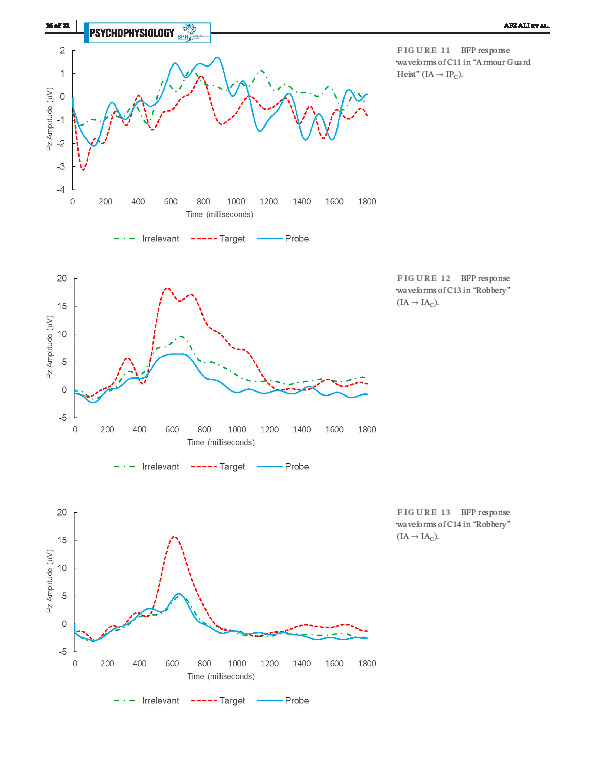
(2022). Detection of concealed knowledge via the ERP‐based technique Brain Fingerprinting: Real‐life and real‐crime incidents. Psychophysiology, e14110, . 10.1111/psyp.14110
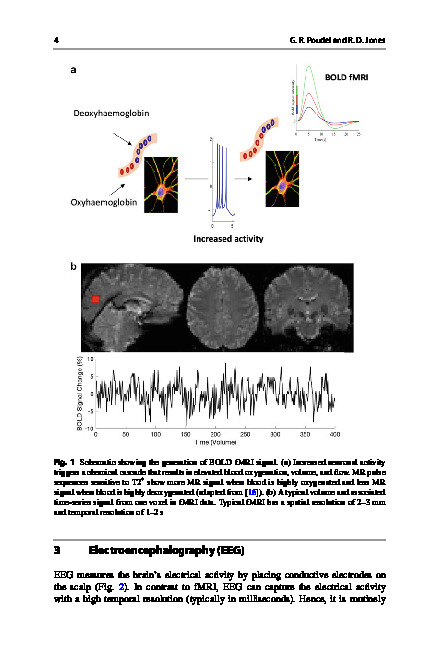
(2022). Multimodal neuroimaging with simultaneous fMRI and EEG. In N. V. Thakor (Ed.),. Handbook of Neuroengineering, Springer, Singapore. 10.1007/978-981-15-2848-4_81-1
2021

(2021). Detection of microsleep states from the EEG: A comparison of feature reduction methods. Medical & Biological Engineering & Computing, 59, . 10.1007/s11517-021-02386-y
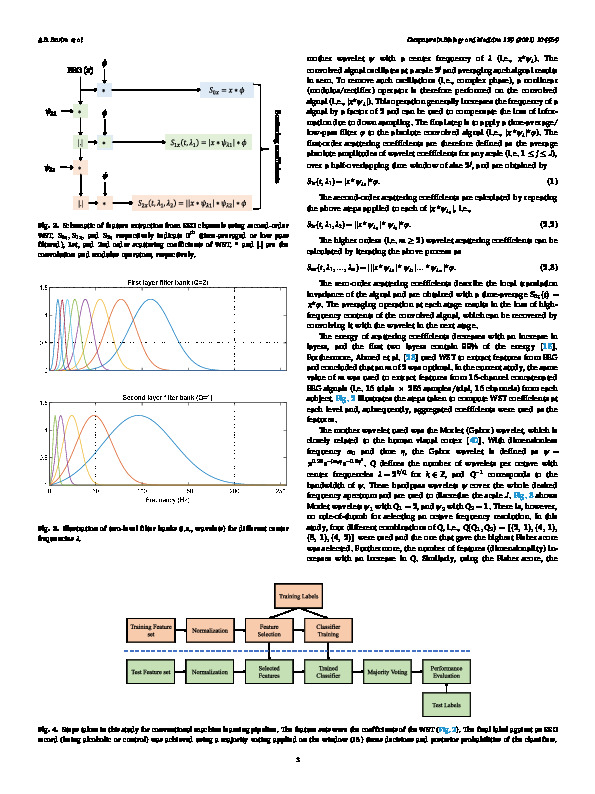
(2021). Classification of alcoholic EEG signals using wavelet scattering transform-based features. Computers in Biology and Medicine, 139 (104969), . 10.1016/j.compbiomed.2021.104969
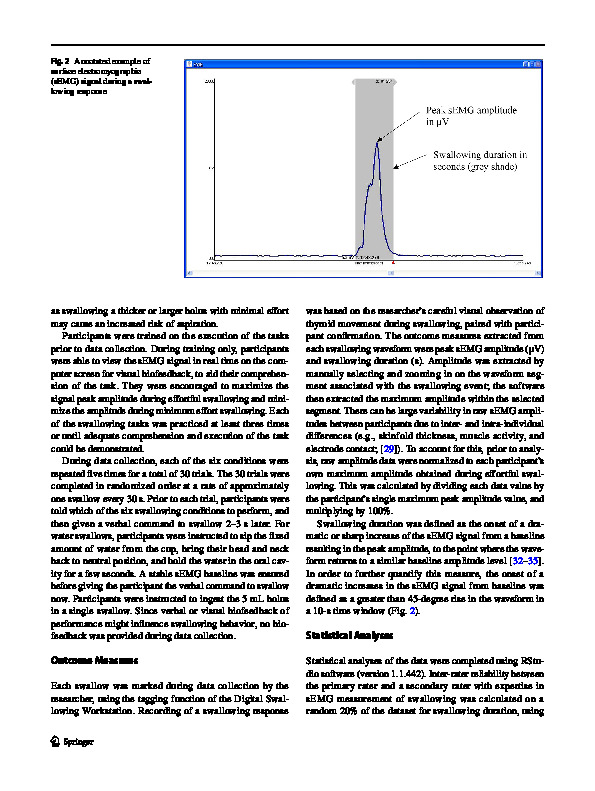
(2021). Effect of volitional effort on submental surface electromyographic activity during healthy swallowing. Dysphagia. 10.1007/s00455-021-10278-4
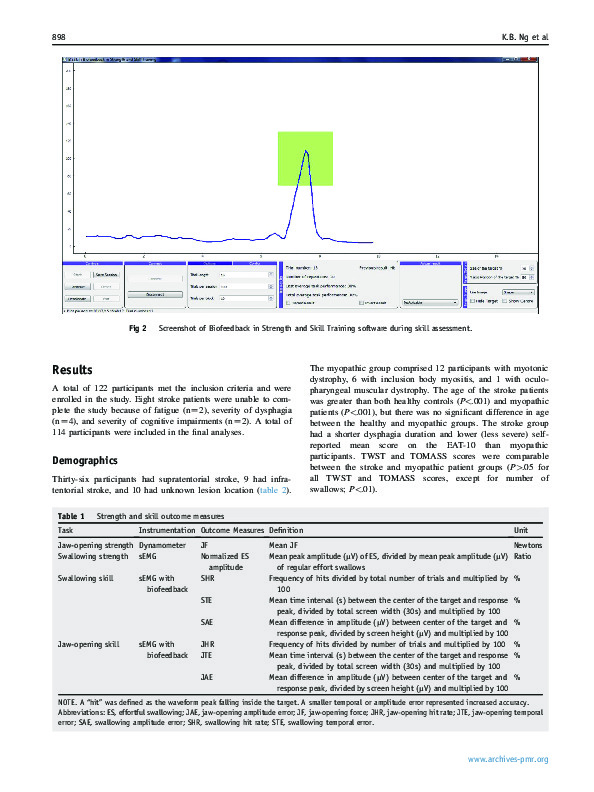
(2021). Classification of stroke patients with dysphagia into subgroups based on patterns of submental muscle strength and skill impairment. Archives of Physical Medicine and Rehabilitation, 102, . 10.1016/j.apmr.2020.11.014
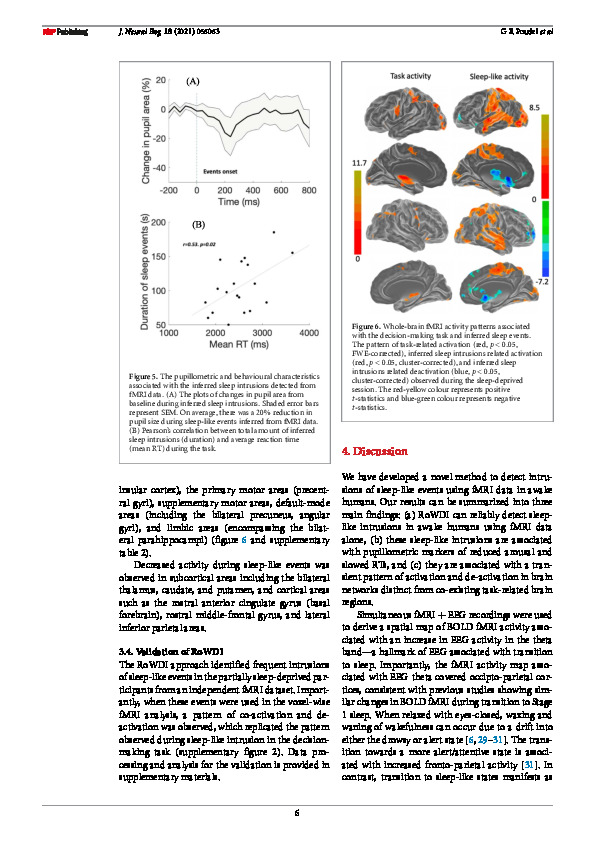
(2021). RoWDI: Rolling window detection of sleep intrusions in the awake brain using fMRI. Journal of Neural Engineering, 18 (056063), . 10.1088/1741-2552/ac2bb9
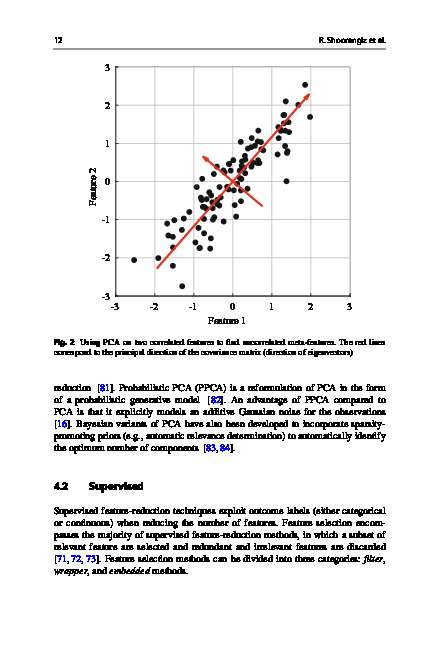
(2021). EEG-Based Machine Learning: Theory and Applications. , In N. V. Thakor (Ed.) Handbook of Neuroengineering. Springer, Singapore.. 10.1007/978-981-15-2848-4_70-1
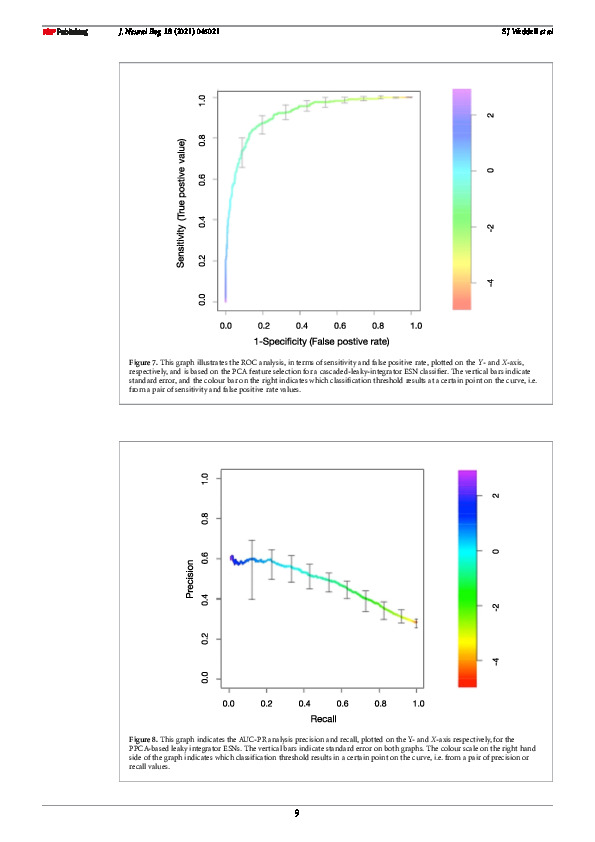
(2021). Reservoir computing approaches to microsleep detection. Journal of Neural Engineering, 18(046021), . 10.1088/1741-2552/abcb7f
2020
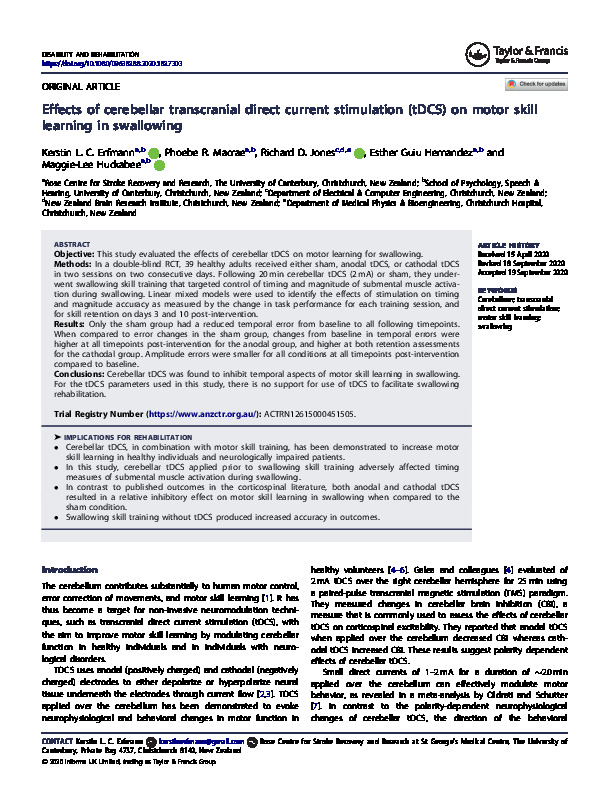
(2020). Effects of cerebellar transcranial direct current stimulation (tDCS) on motor skill learning in swallowing. Disability and Rehabilitation. 10.1080/09638288.2020.1827303
(2020). Estimates of functional cerebral hemispheric differences in monolingual and bilingual people who stutter: dichotic listening paradigm. Clinical Linguistics & Phonetics, 34, . 10.1080/02699206.2019.1697372
2019
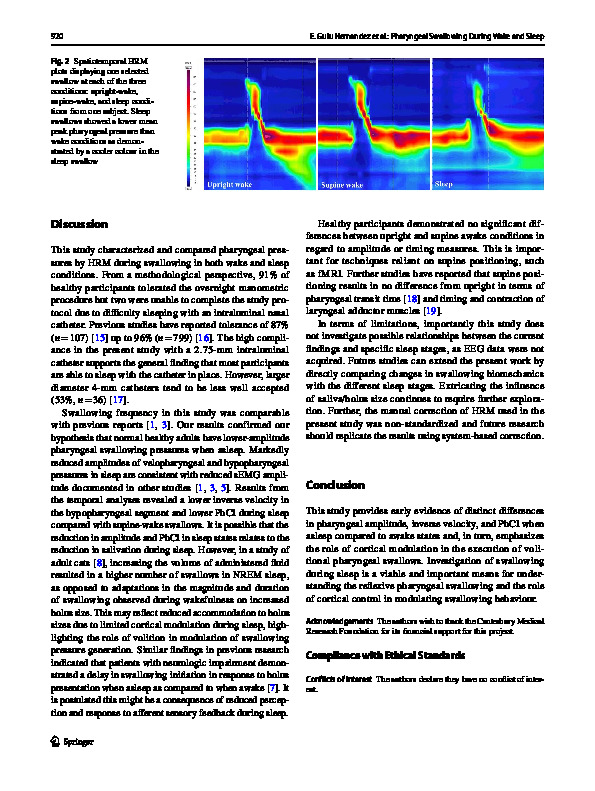
(2019). Pharyngeal swallowing during wake and sleep. Dysphagia, 34, . 10.1007/s00455-019-09989-6
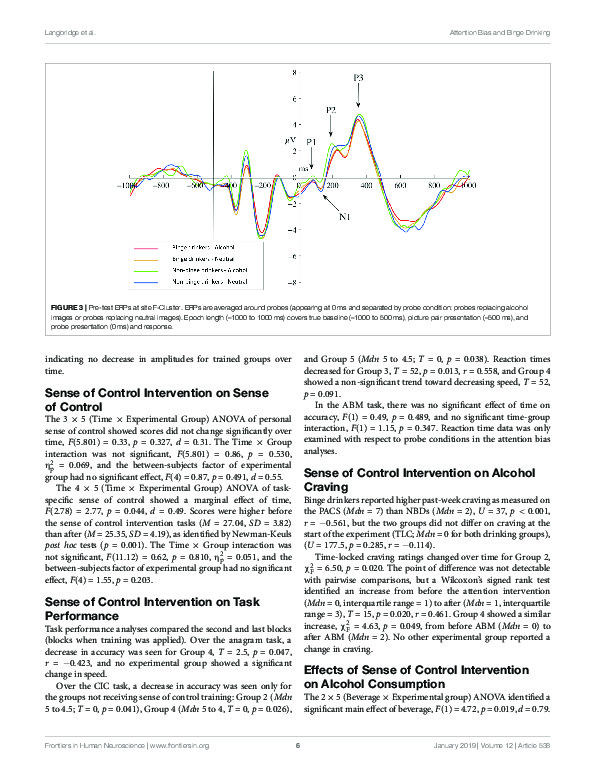
(2019). A neurophysiological and behavioural assessment of interventions targeting attention bias and sense of control in binge drinking. Frontiers in Human Neuroscience, 12:538, . 10.3389/fnhum.2018.00538
2018
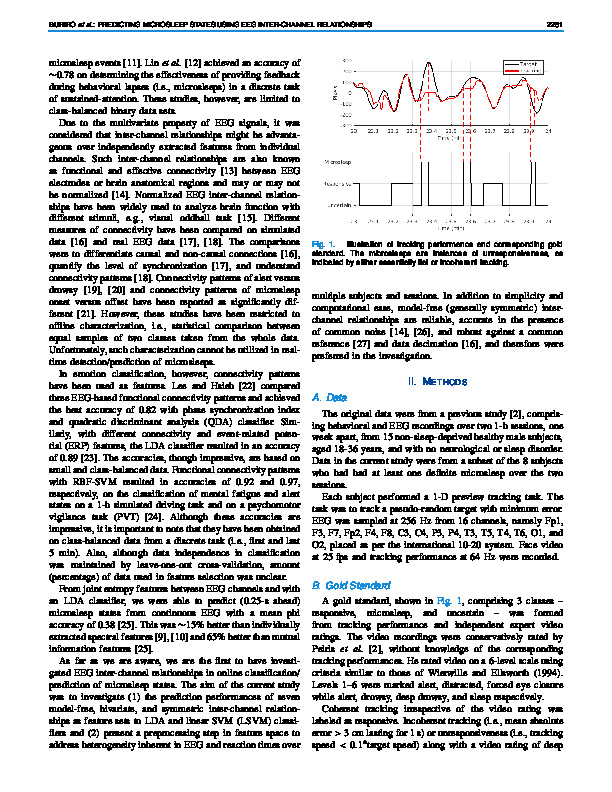
(2018). Predicting microsleep states using EEG inter-channel relationships. IEEE Transactions on Neural Systems and Rehabilitation Engineering, 26, . 10.1109/TNSRE.2018.2878587
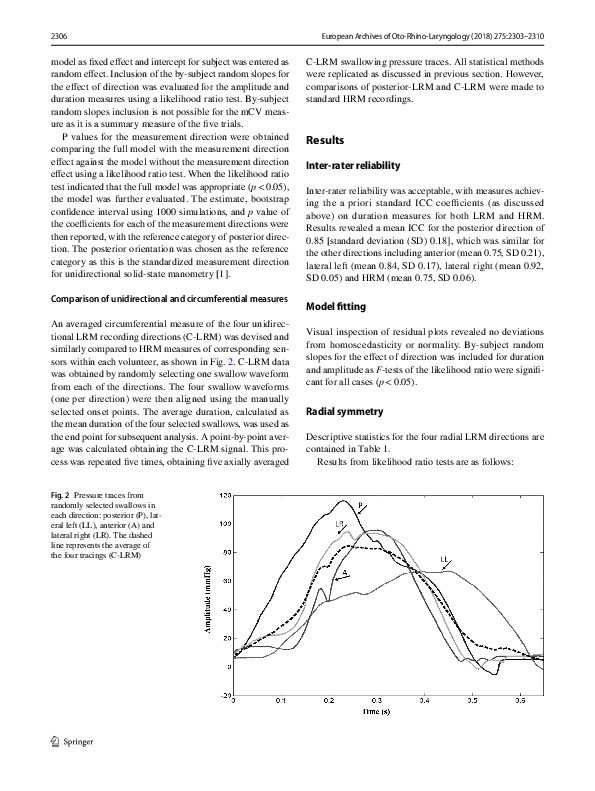
(2018). Comparison of unidirectional and circumferential manometric measures within the pharyngoesophageal segment: an exploratory study. European Archives of Oto-Rhino-Laryngology, 275, . 10.1007/s00405-018-5019-z
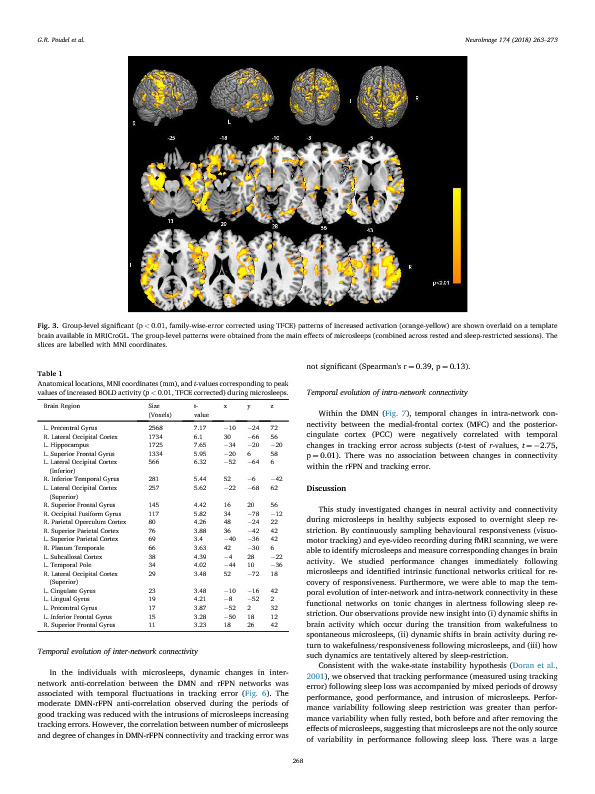
(2018). Temporal evolution of neural activity and connectivity during microsleeps when rested and following sleep restriction. NeuroImage, 174, 2018, 03, . 10.1016/j.neuroimage.2018.03.031
2017

(2017). Effectiveness of constant, variable, random, and blocked practice in speech-motor learning. Journal of Motor Learning and Development, 5, . 10.1123/jmld.2015-0044
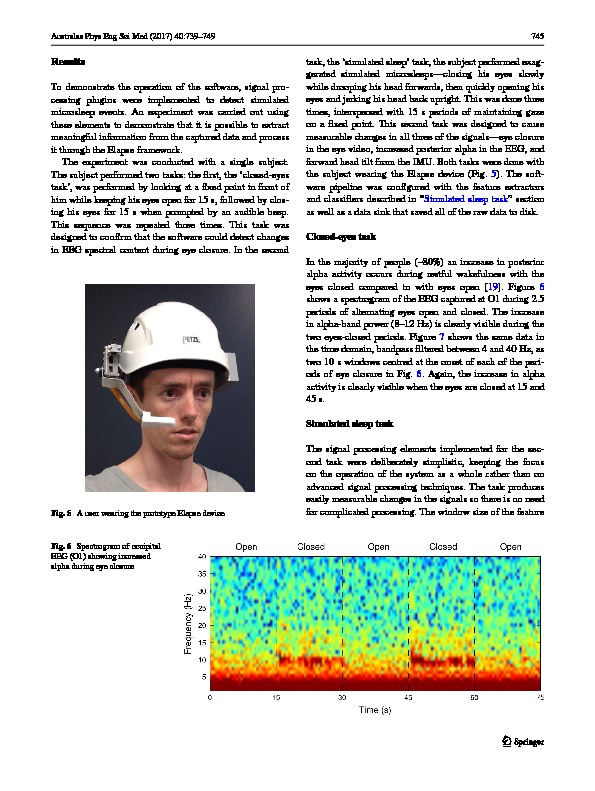
(2017). A software framework for real-time multi-modal detection of microsleeps. Australasian Physical & Engineering Sciences in Medicine, 40, . 10.1007/s13246-017-0559-x
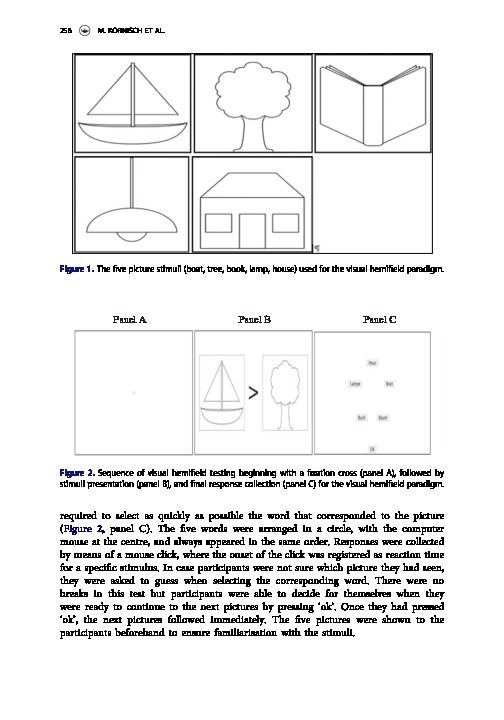
(2017). Estimates of functional cerebral hemispheric differences in monolingual and bilingual people who stutter: Visual hemifield paradigm. Clinical Linguistics & Phonetics, 31, . 10.1080/02699206.2016.1240236

(2017). Estimates of functional cerebral hemispheric differences in monolingual and bilingual people who stutter: Dual-task paradigm. Clinical Linguistics & Phonetics, 31, . 10.1080/02699206.2017.1305448

(2017). Measuring voluntary and reflexive cough strength in healthy individuals. Respiratory Medicine, 132, . 10.1016/j.rmed.2017.09.013
2016
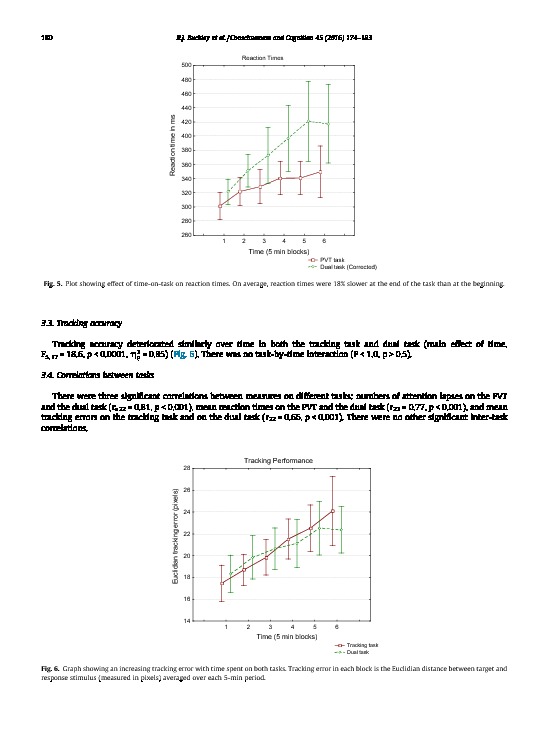
(2016). Attention lapses and microsleeps during tracking, psychomotor vigilance, and dual tasks. Consciousness and Cognition, 45, . 10.1016/j.concog.2016.09.002
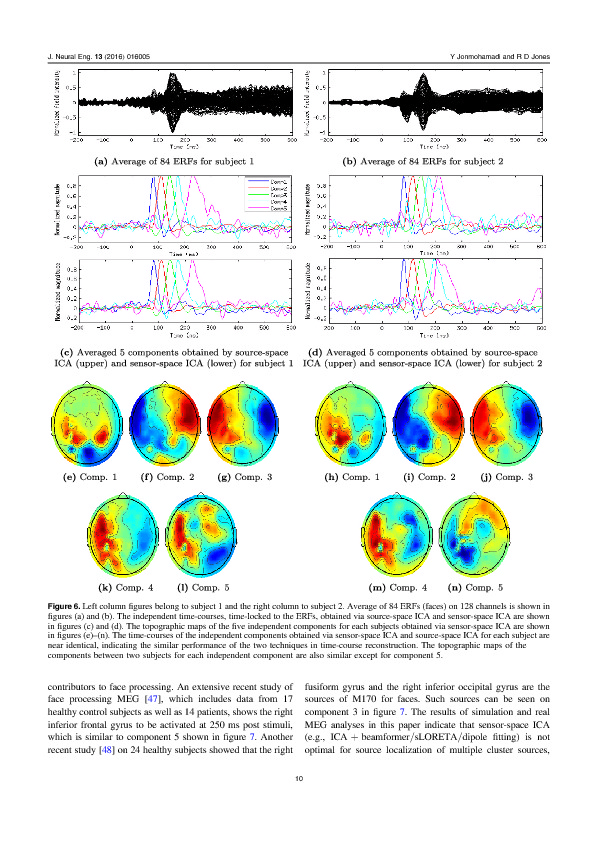
(2016). Source-space ICA for MEG source imaging. Journal of Neural Engineering, 13, . 10.1088/1741-2560/13/1/016005

(2016). Microsleeps are associated with stage-2 sleep spindles from hippocampal-temporal network. International Journal of Neural Systems, 26(4), . 10.1142/S0129065716500155

(2016). Are individuals with Parkinson's disease capable of speech-motor learning? - A preliminary evaluation. Parkinsonism & Related Disorders, 28, 141-5.. 10.1016/j.parkreldis.2016.05.001
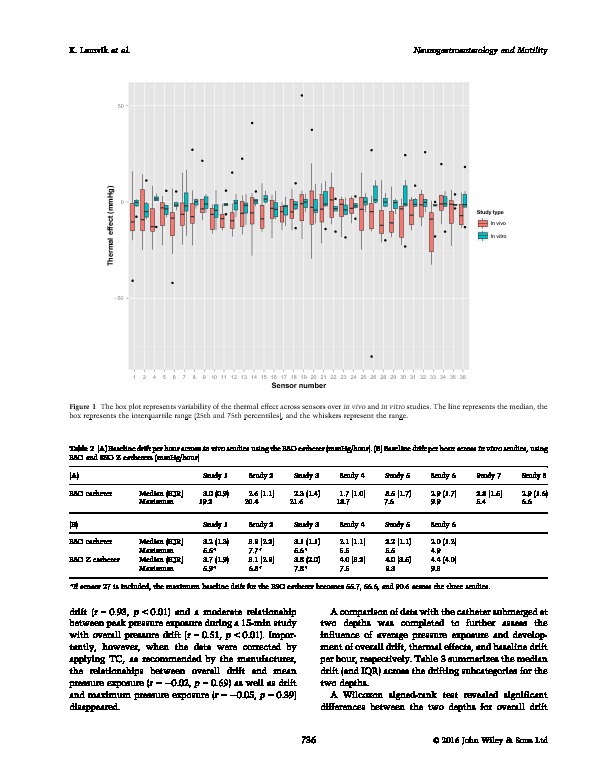
(2016). Characterization and correction of pressure drift in the ManoScan high‐resolution manometry system: In vitro and in vivo. Neurogastroenterology & Motility, 28, . 10.1111/nmo.12770
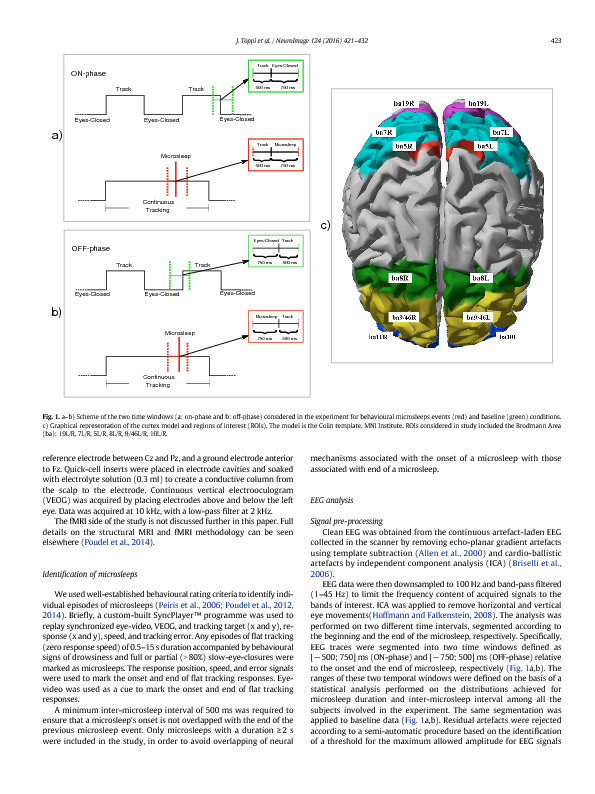
(2016). Time-varying functional connectivity of the cortical neuroelectric activity associated with behavioural microsleeps. NeuroImage, 124, . 10.1016/j.neuroimage.2015.08.059
2015
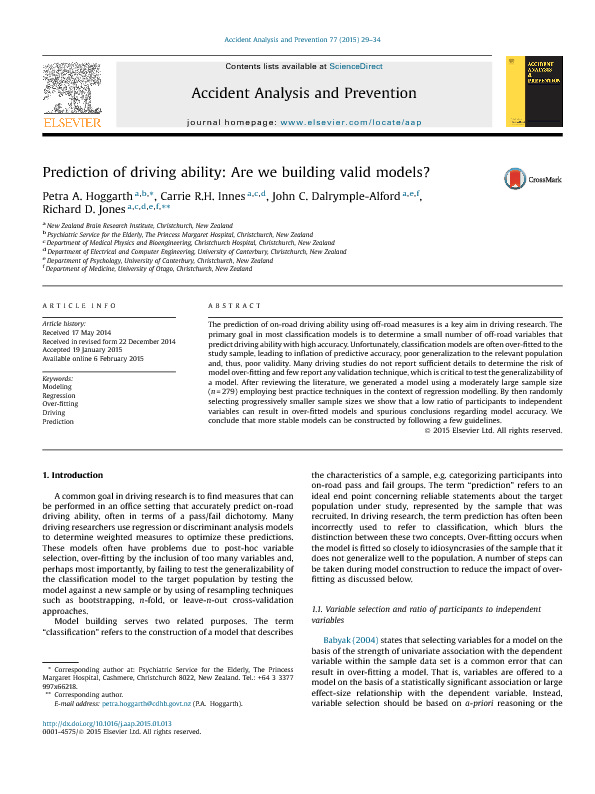
(2015). Prediction of driving ability: Are we building valid models? Accident Analysis and Prevention, 77C, . 0.1016/j.aap.2015.01.013
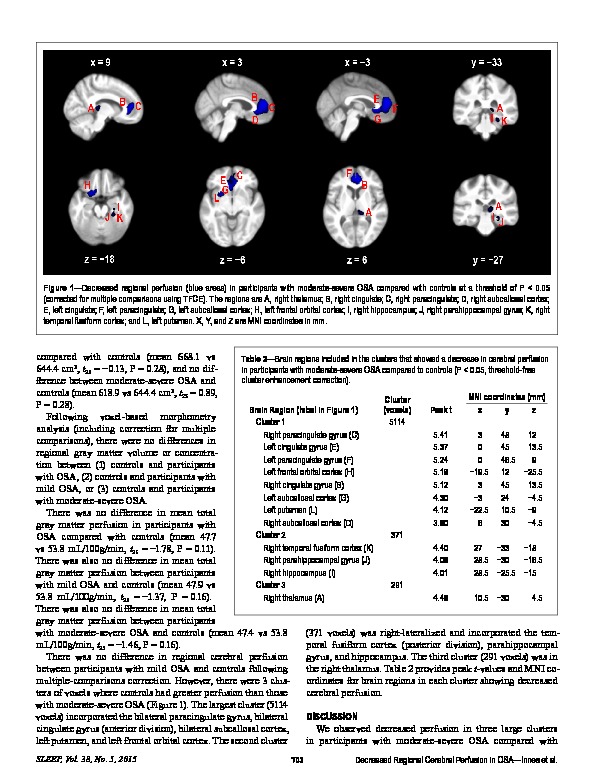
(2015). Decreased regional cerebral perfusion in moderate-severe obstructive sleep apnoea during wakefulness. Sleep, 38, . 10.5665/sleep.4658
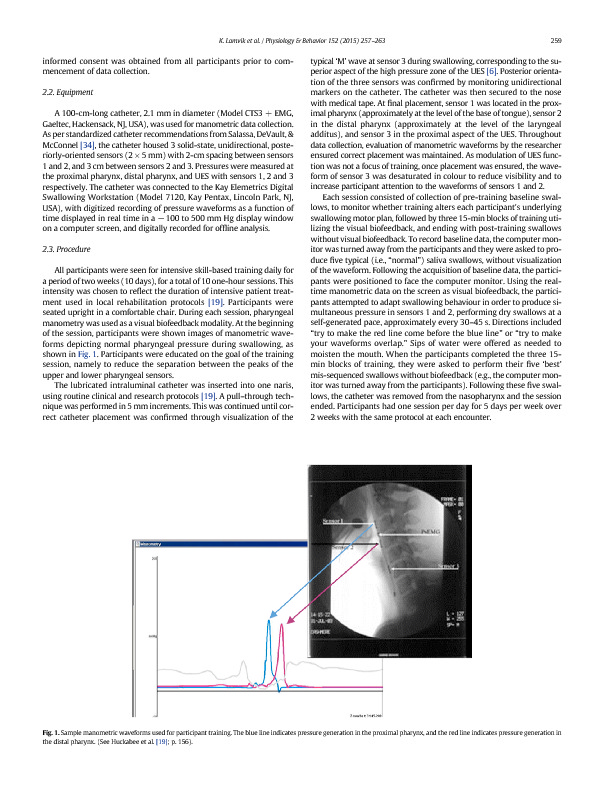
(2015). The capacity for volitional control of pharyngeal swallowing in healthy adults. Physiology & Behaviour, 152, . 10.1016/j.physbeh.2015.09.026
2014
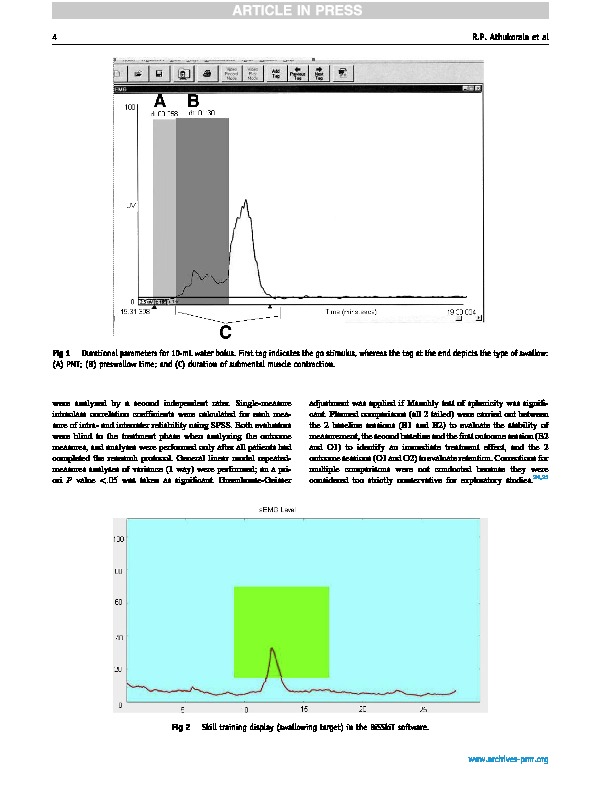
(2014). Skill training for swallowing rehabilitation in patients with Parkinsons disease. Archives of Physical Medicine and Rehabilitation, Online preprint. j.apmr.2014.03.001
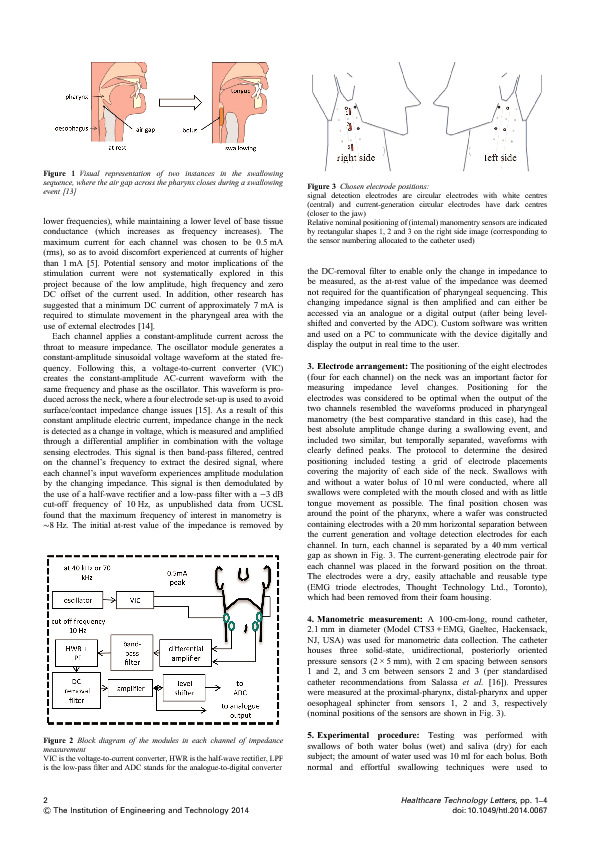
(2014). Electrical bioimpedance measurement as a tool for dysphagia visualisation. Healthcare Technology Letters, . 10.1049/htl.2014.0067
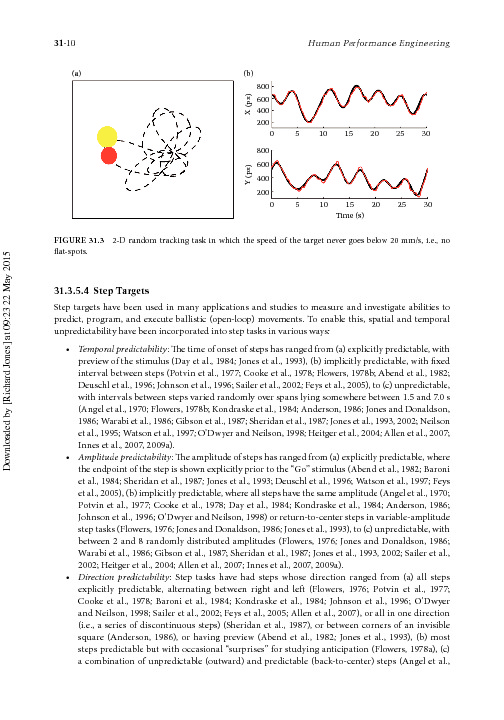
(2014). Measurement and analysis of sensory motor performance: Tracking tasks. In: Bronzino JD, Peterson DR (Eds), Medical Devices and Human Engineering, 4th ed. Boca Raton, Florida: CRC Press, Chap 31, .
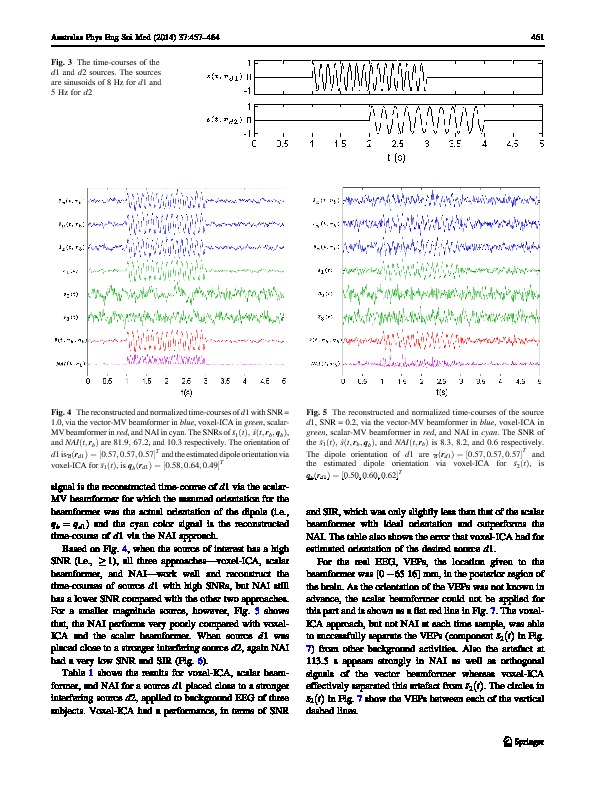
(2014). Voxel-ICA for reconstruction of source signal time-series and orientation in EEG and MEG. Australasian Physical & Engineering Sciences in Medicine, 37, . 10.1007/s13246-014-0265-x
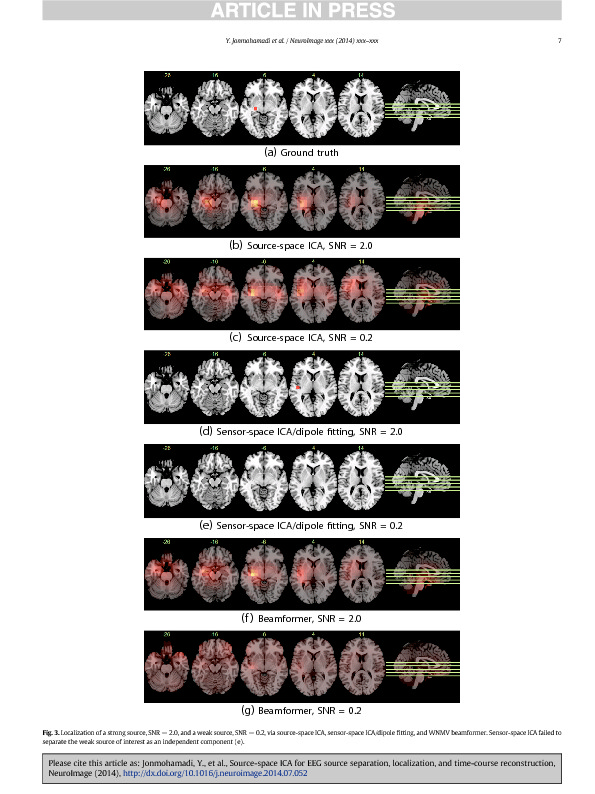
(2014). Source-Space ICA for EEG Source Separation, Localization, and Time-Course Reconstruction. NeuroImage, 101, . 10.1016/j.neuroimage.2014.07.052
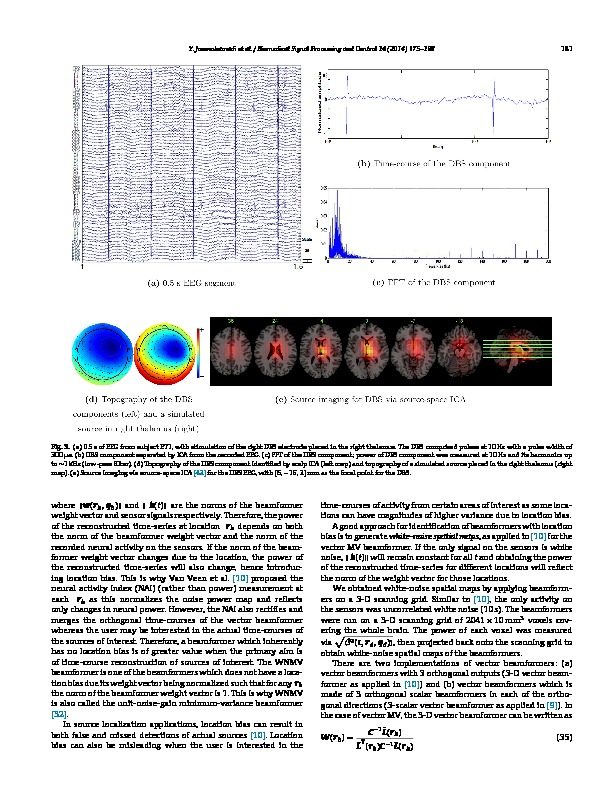
(2014). Comparison of beamformers for EEG source signal reconstruction. Biomedical Signal Processing and Control, 14, . 10.1016/j.bspc.2014.07.014
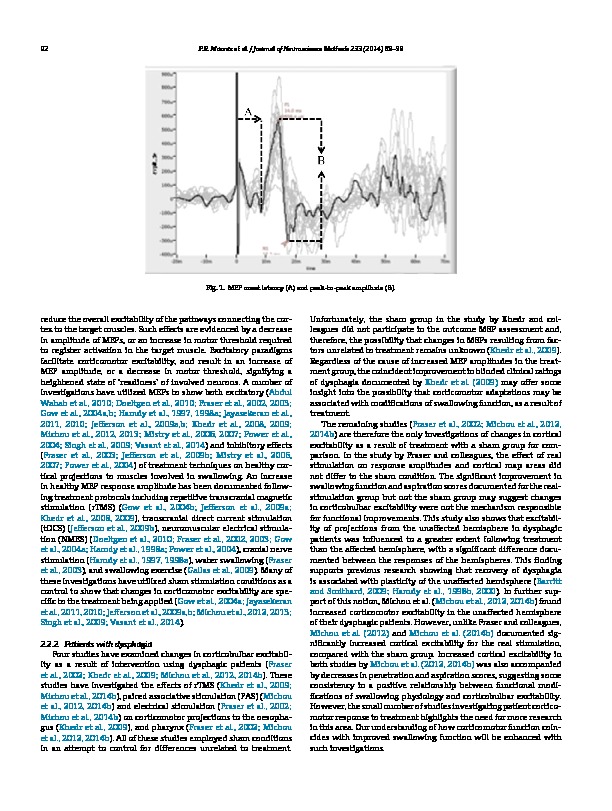
(2014). The effect of swallowing treatments on corticobulbar excitability: A review of transcranial magnetic stimulation induced motor evoked potentials. Journal of Neuroscience Methods, 233C, . 10.1016/j.jneumeth.2014.06.010
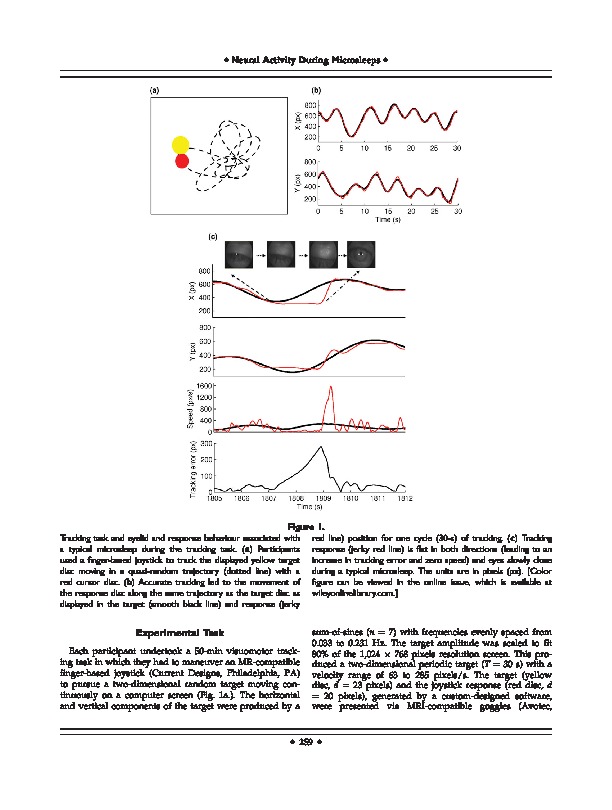
(2014). Losing the struggle to stay awake: Divergent thalamic and cortical activity during microsleeps. Human Brain Mapping, 35, . 10.1002/hbm.22178
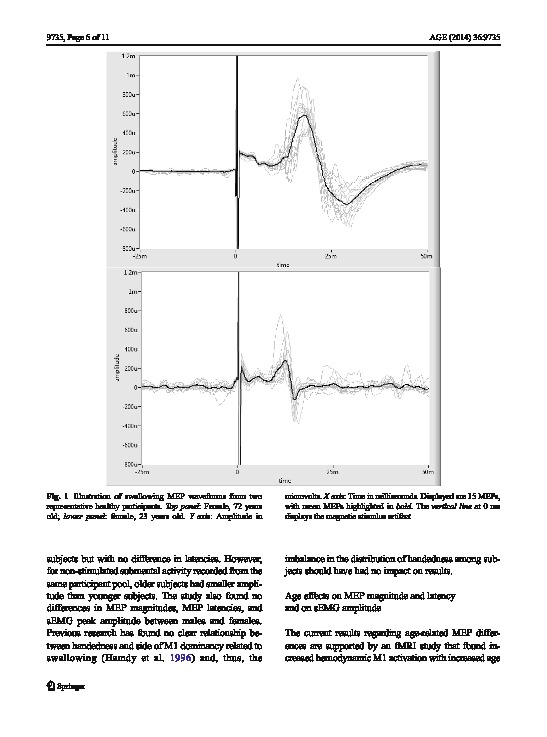
(2014). Age and gender effects on submental motor-evoked potentials. AGE, 36(6), .
2013
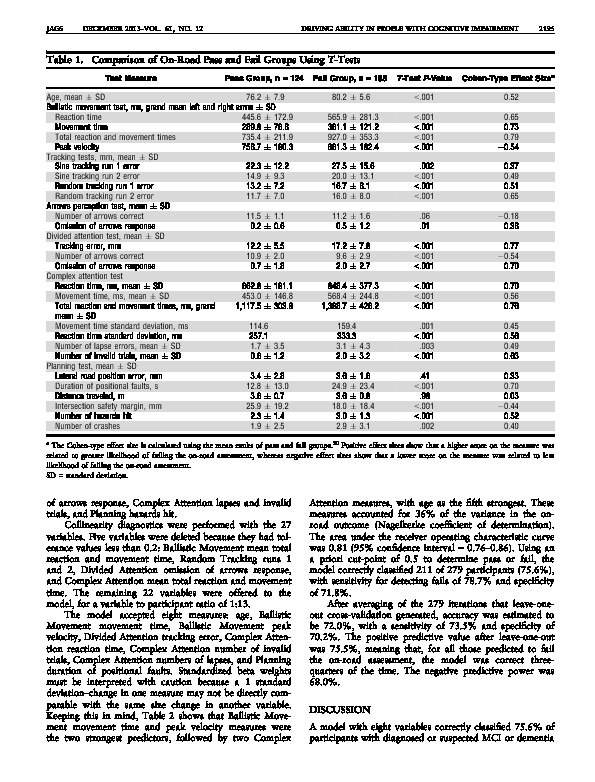
(2013). Predicting on-road assessment pass and fail outcome in older drivers with cognitive impairment using a battery of computerized sensory-motor and cognitive tests. Journal of the American Geriatrics Society, 61, .
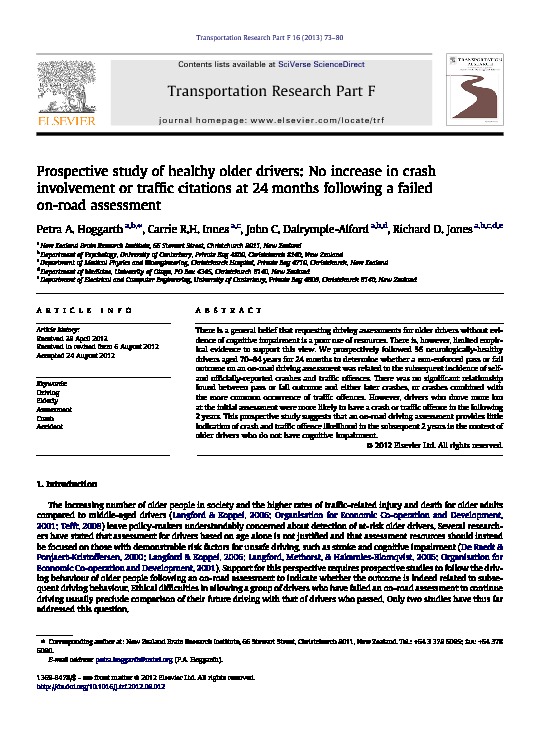
(2013). Prospective study of healthy older drivers: No increase in crash involvement or traffic citations at 24 months following a failed on-road assessment. Transportation Research Part F: Traffic Psychology and Behaviour, 16, . 10.1016/j.trf.2012.08.012
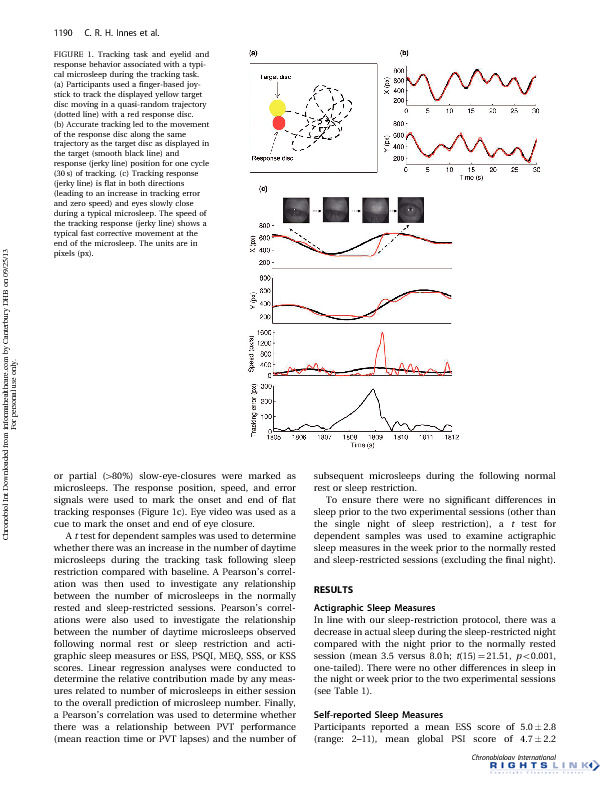
(2013). Efficient and regular patterns of sleep are related to increased vulnerability to microsleeps following a single night of sleep restriction. Chronobiology International, 30, 1187 "119. 10.3109/07420528.2013.810222
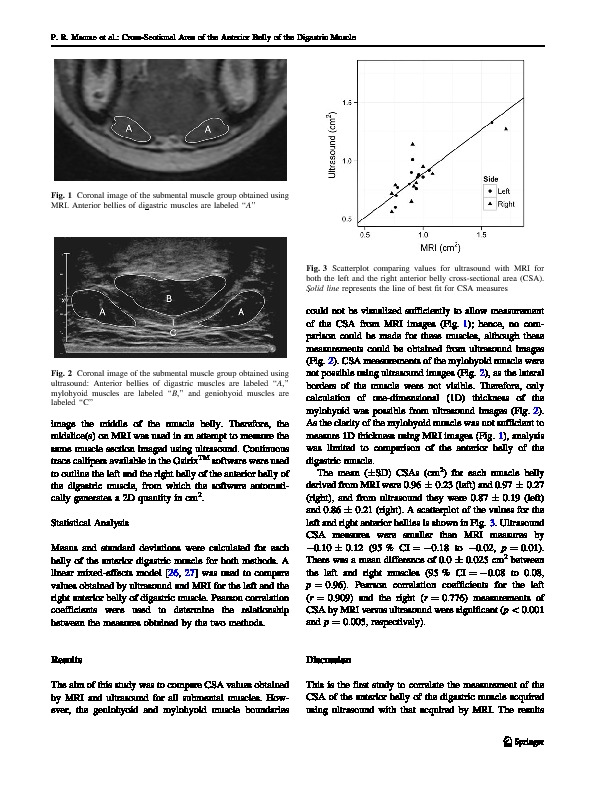
(2013). Cross-Sectional Area of the Anterior Belly of the Digastric Muscle: Comparison of MRI and Ultrasound Measures. Dysphagia, 28, . 10.1007/s00455-012-9443-8
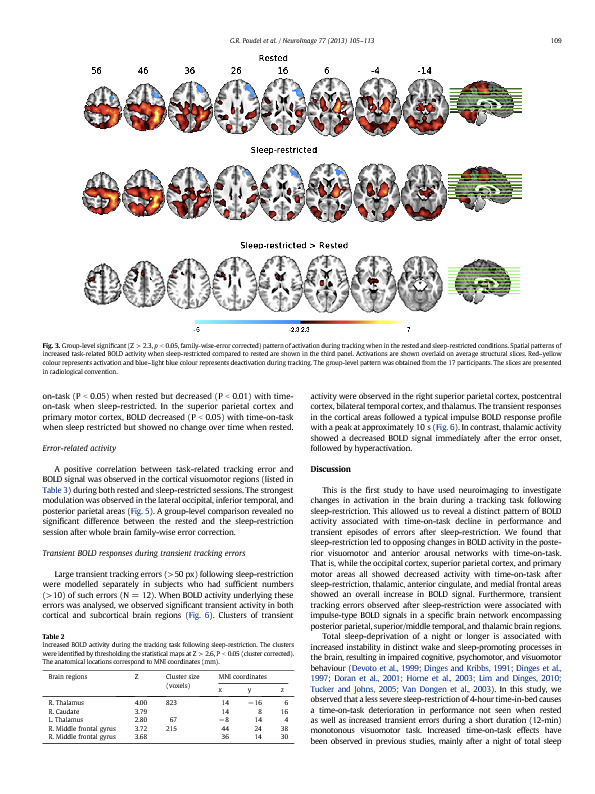
(2013). Distinct neural correlates of time-on-task and transient errors during a visuomotor tracking task after sleep restriction. NeuroImage, 77, .
2012
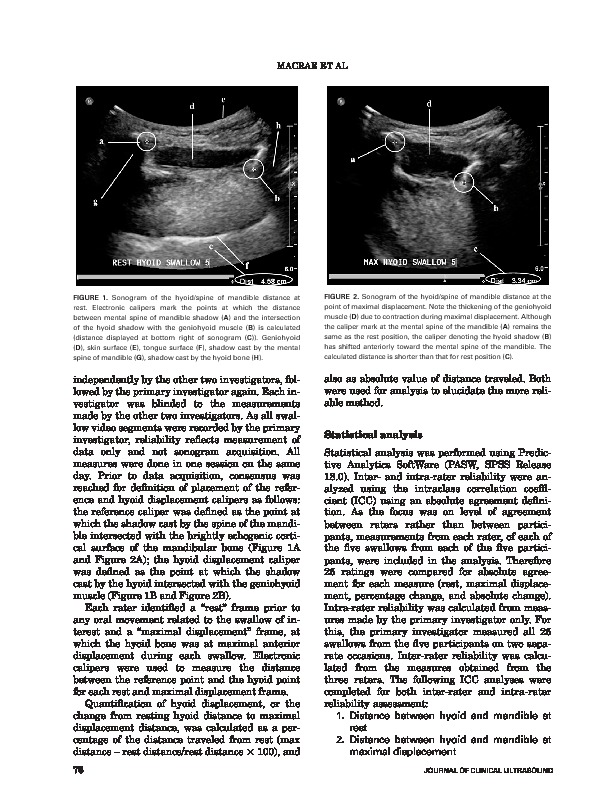
(2012). Intra- and inter-rater reliability for analysis of hyoid displacement measured with sonography. Journal of Clinical Ultrasound, 40, . 10.1002/jcu.20874
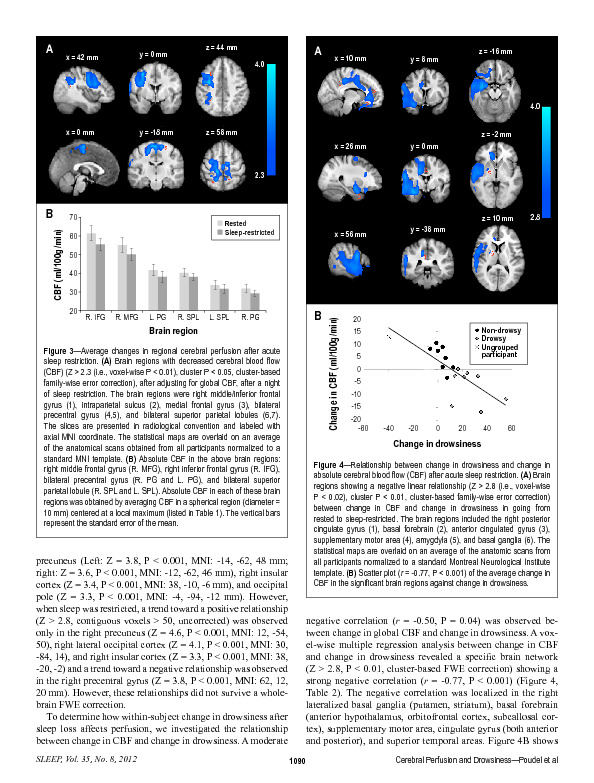
(2012). Cerebral perfusion differences between drowsy and non-drowsy individuals following acute sleep restriction. Sleep, 35, . 10.5665/sleep.1994
2011
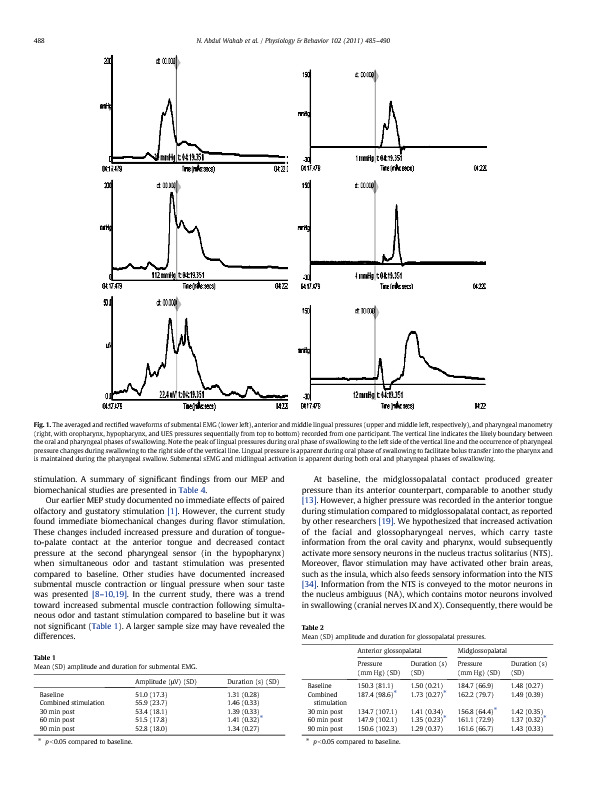
(2011). Effects of olfactory and gustatory stimuli on the biomechanics of swallowing. Physiology & Behavior, 102(5), .
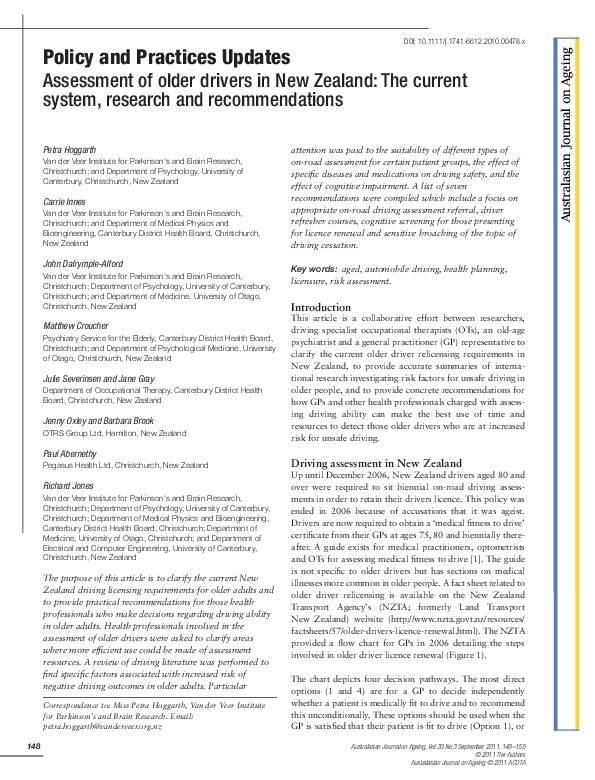
(2011). Assessment of older drivers in New Zealand: the current system, research, and recommendations. Australasian Journal of Ageing, 30, . 10.1111/j.1741-6612.2010.00478.x

(2011). Do complex models increase prediction of complex behaviours? Predicting driving ability in people with brain disorders. Quarterly Journal of Experimental Psychology, 64, .
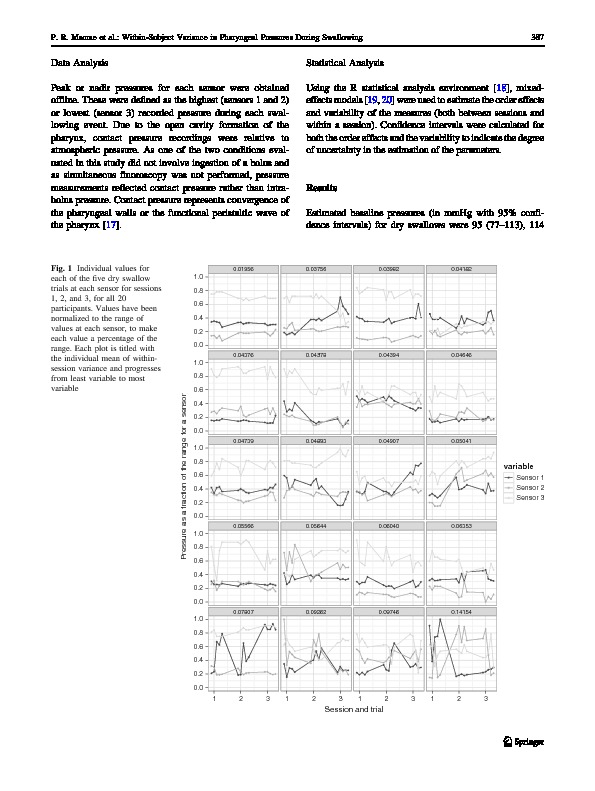
(2011). Pharyngeal pressures during swallowing within and across 3 sessions: within-subject variance and order effects. Dysphagia, 26, . 10.1007/s00455-010-9324-y
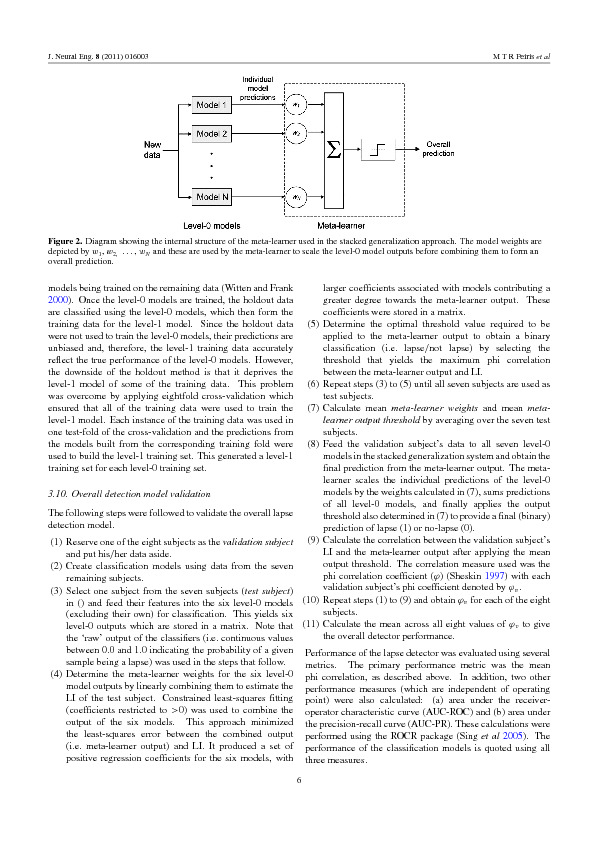
(2011). Detection of lapses in responsiveness from the EEG. Journal of Neural Engineering, 8 (016033, . 10.1088/1741-2560/8/1/016003
2010
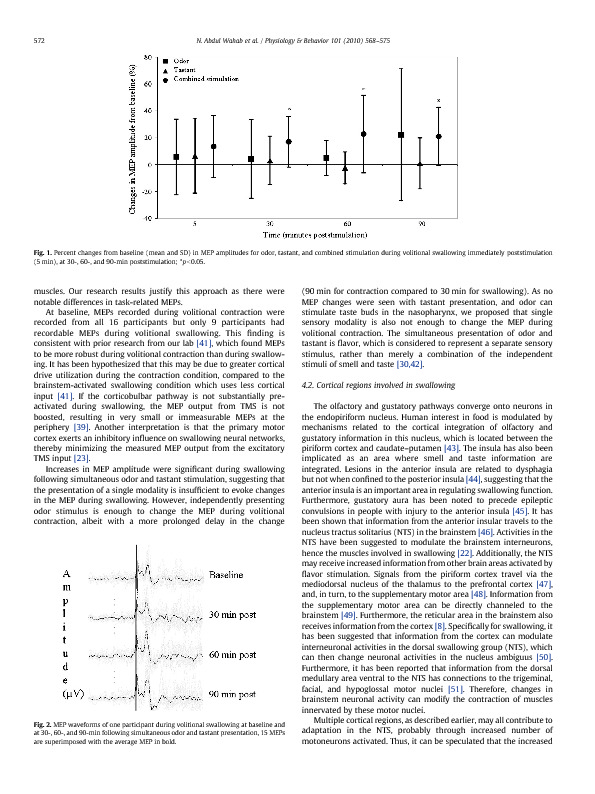
(2010). Effects of olfactory and gustatory stimuli on neural excitability for swallowing. Physiology & behavior, 101, . 10.1016/j.physbeh.2010.09.008
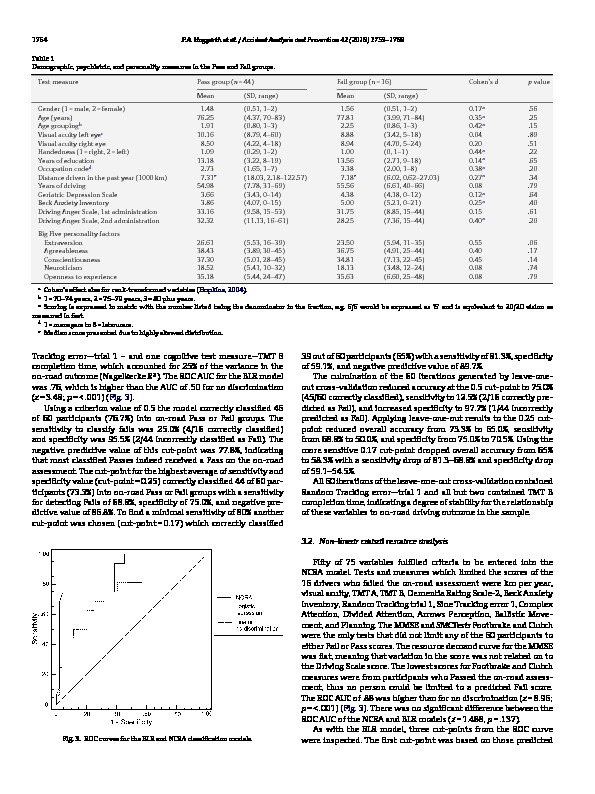
(2010). Comparison of a linear and non-linear model for using sensory-motor, cognitive, personality and demographic data to predict driving ability in healthy older adults. Accident Analysis and Prevention, 42, . 10.1016/j.aap.2010.04.017
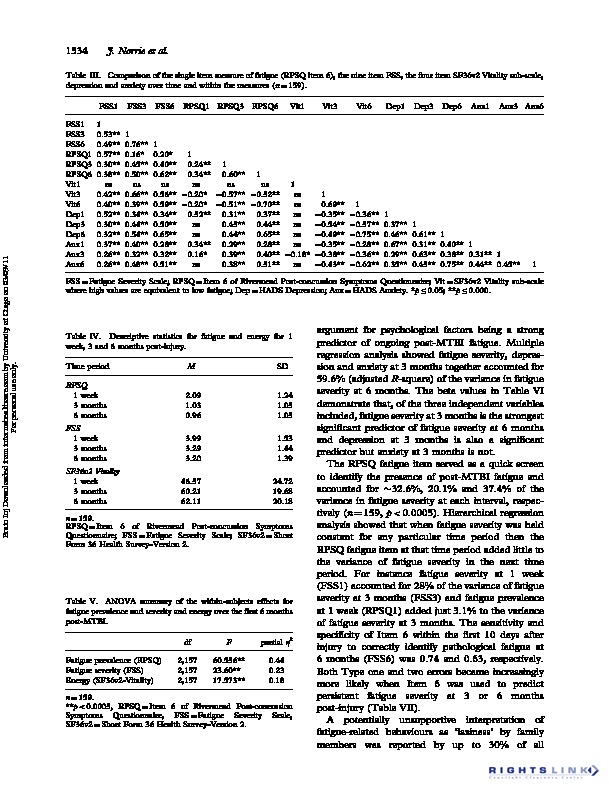
(2010). Mild traumatic brain injury and fatigue: A prospective longitudinal study. Brain Injury, 24, . 10.3109/02699052.2010.531687
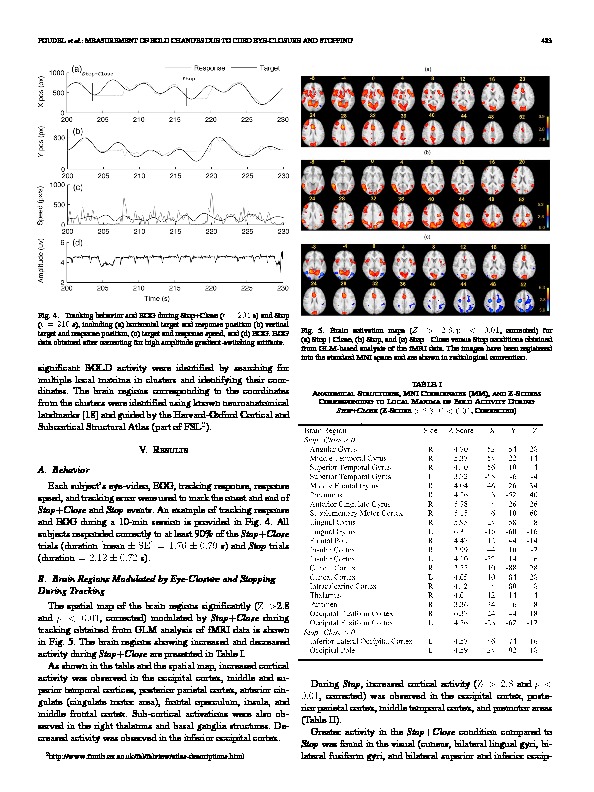
(2010). Measurement of BOLD changes due to cued eye-closure and stopping during a continuous visuomotor task via model-based and model-free approaches. IEEE Transactions on Neural Systems and Rehabilitation Engineering, 18(5), . 10.1109/TNSRE.2010.2050782
2009
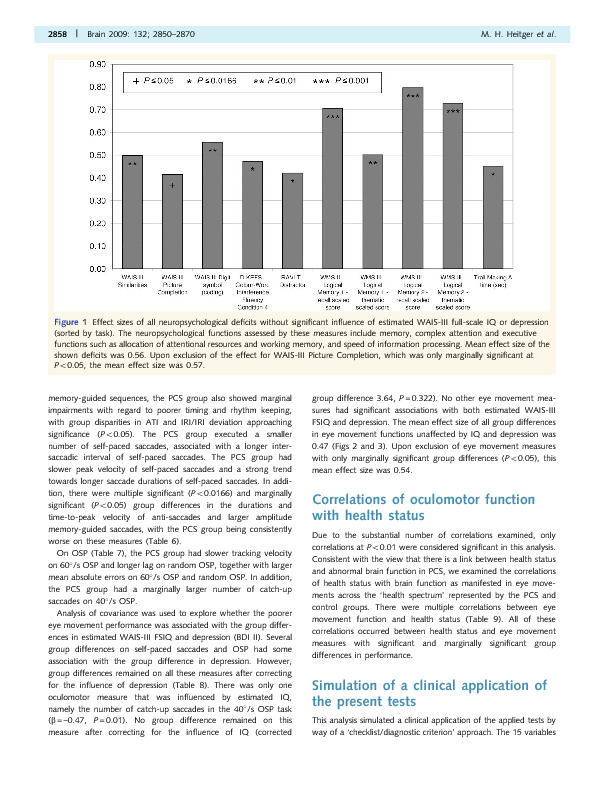
(2009). Impaired eye movements in post-concussion syndrome indicate suboptimal brain function beyond the influence of depression, malingering or intellectual ability. Brain, 132, . 10.1093/brain/awp181
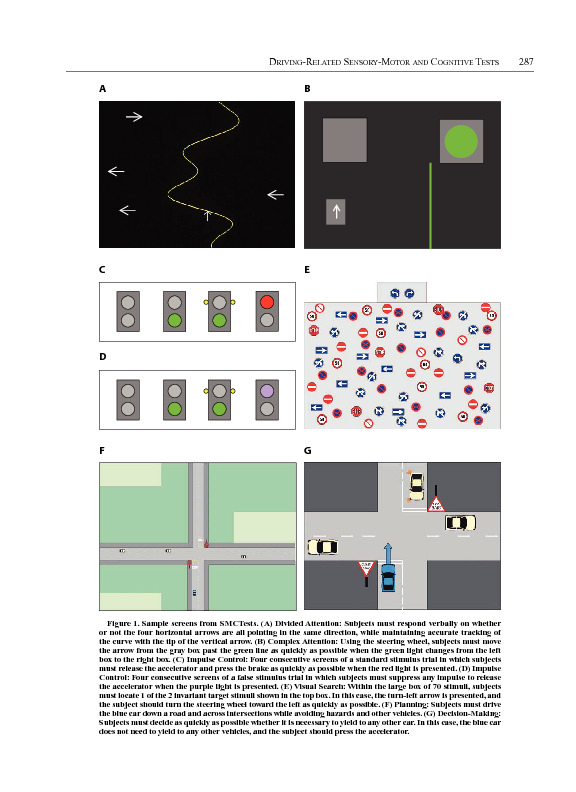
(2009). Performance in normal subjects on a novel battery of driving-related sensory-motor and cognitive tests. Behavior Research Methods, 42(1), . 10.3758/BRM.41.2.284
2008
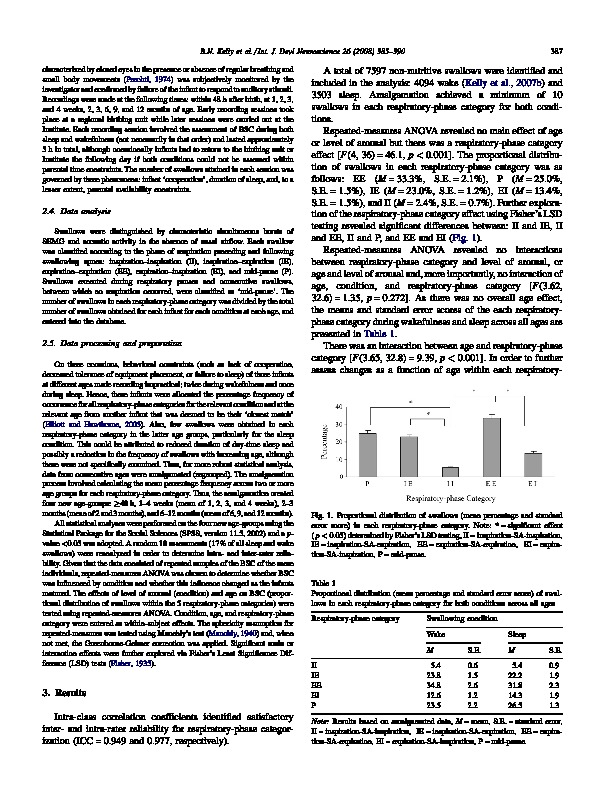
(2008). Arousal has no effect on non-nutritive breathing-swallowing coordination during the first year of human life. International Journal of Developmental Neuroscience, 26, . 10.1016/j.ijdevneu.2008.03.006
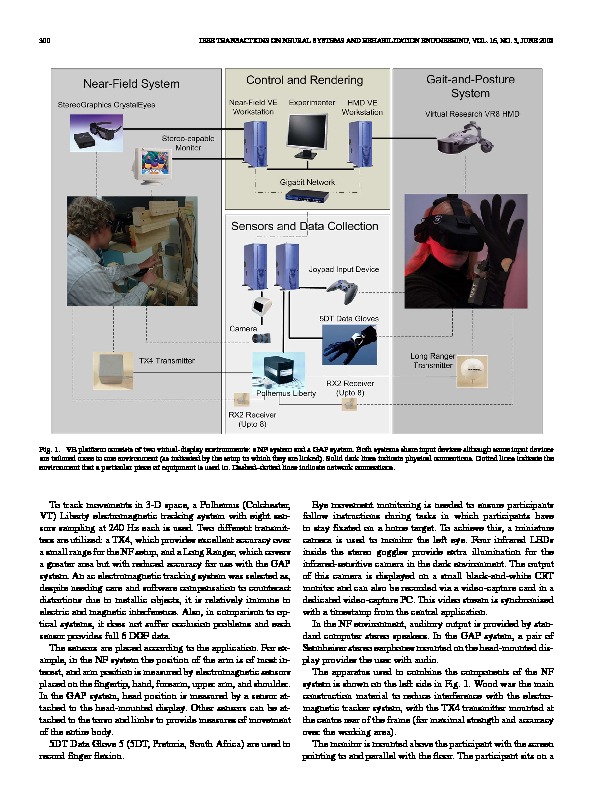
(2008). Design of a modular and low-latency virtual-environment platform for applications in motor adaptation research, neurological disorders, and neurorehabilitation. IEEE Transactions on Neural Systems and Rehabilitation Engineering, 16, . r 10.1109/TNSRE.2008.922676

(2008). Detection of focal epileptiform events in the EEG by spatio-temporal dipole clustering. Clinical Neurophysiology, 119, . 10.1016/j.clinph.2008.04.009
2007
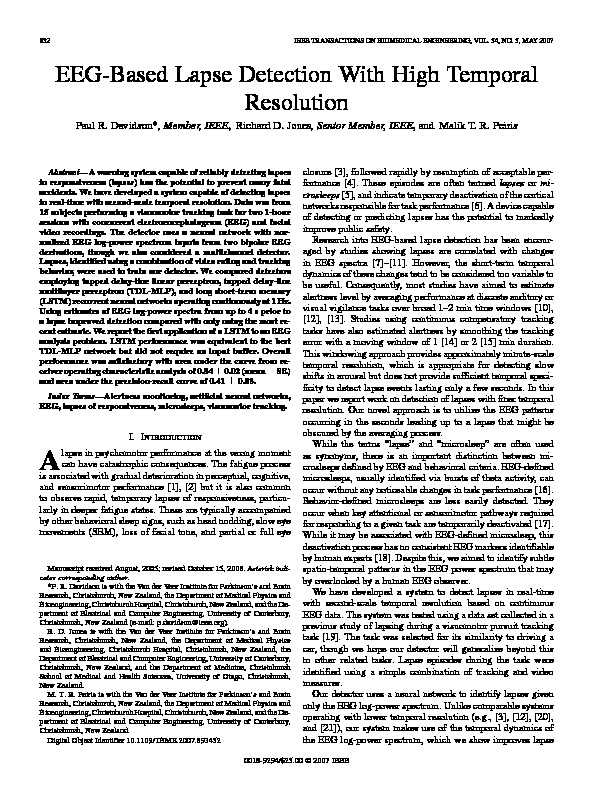
(2007). EEG-based behavioral microsleep detection with high temporal resolution. IEEE Transactions on Biomedical Engineering, 54, . 10.1109/TBME.2007.893452

(2007). Mild head injury - a close relationship between motor function at one week post-injury and overall recovery at three and six months. Journal of the Neurological Sciences, 253, . 10.1016/j.jns.2006.11.007
(2007). Dichotomy between symptom status and quality of life during the first year after mild head injury - intellectual ability influences the perception of recovery. Journal of Rehabilitation Medicine, 39(8), .
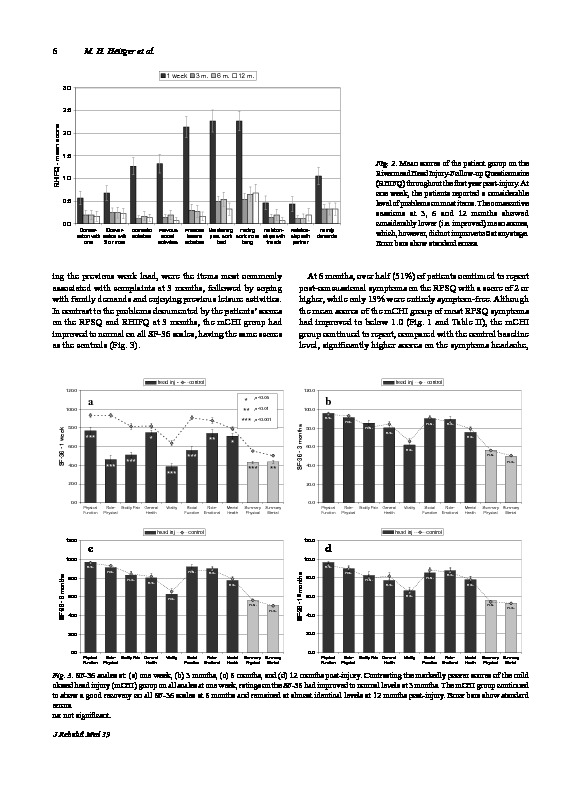
(2007). Recovery in the first year after mild head injury - divergence of symptom status and self-perceived quality of life. Journal of Rehabilitation Medicine, 39, . 10.2340/16501977-0100

(2007). Sensory-motor and cognitive tests predict driving ability of persons with brain disorders. Journal of the Neurological Sciences, 260(1-2), . 10.1016/j.jns.2007.04.052

(2007). The influence of volition on breathing-swallowing coordination in healthy adults. Behavioural Neuroscience, 121, . 10.1037/0735-7044.121.6.1174

(2007). The first year of human life: coordinating respiration and nutritive swallowing. Dysphagia, 22, . 10.1007/s00455-006-9038-3

(2007). The early impact of feeding on infant breathing-swallowing coordination. Respiratory Physiology & Neurobiology, 156(2), . 10.1016/j.resp.2006.09.007

(2007). Integrating Swallowing and Respiration: Effect of Body position. Journal of Medical Speech Pathology, 15(4), .
2006
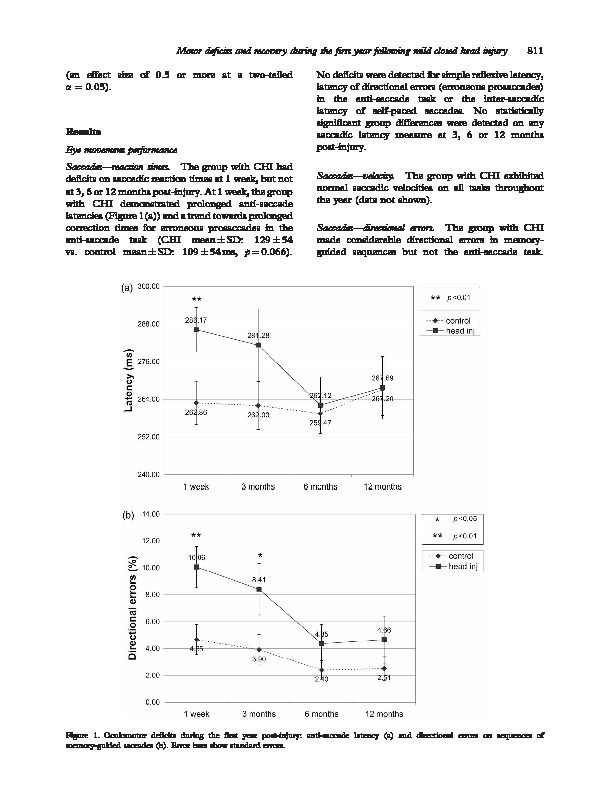
(2006). Motor deficits and recovery during the first year following mild closed head injury. Brain Injury, 20, . 10.1080/02699050600676354
- The-Biomedical-Engineering-Handbook-_-Biomedical-Engineering-Fundamentals_2006.pdf.jpeg)
(2006). Measurement of sensory-motor control performance capacities: Tracking tasks, 3rd Ed, In Bronzino JD (Ed. The Biomedical Engineering Handbook - Biomedical Engineering Fundamentals, Volume 1, , CRC Press, Boca Raton, Florida. .

(2006). The neural implications of nutritive and non-nutritive swallowing apnea duration in term infants. New Zealand Journal of Speech-Language Therapy, 61, . 10.1016/j.resp.2006.01.009

(2006). Nutritive and non-nutritive swallowing apnea duration in term infants: Implications for neural control mechanisms. Respiratory Physiology and Neurobiology, 154(3), . 10.1016/j.resp.2006.01.009
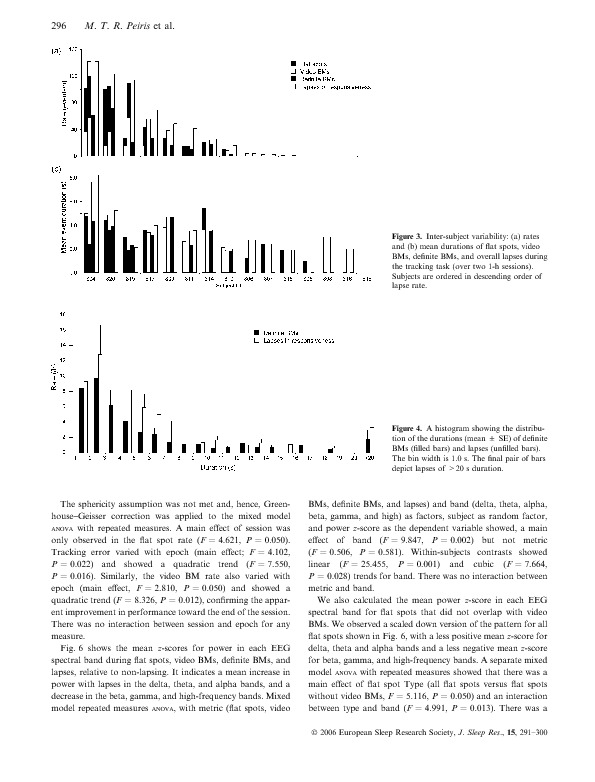
(2006). Frequent lapses of responsiveness during an extended visuomotor tracking task in non-sleep-deprived subjects. Journal of Sleep Research, 15, . 10.1111/j.1365-2869.2006.00545.x
2005

(2005). The impact of mild closed head injury on involuntary saccadic adaptation - evidence for the preservation of implicit motor learning. Brain Injury, 19, . 10.1080/02699050410001720095
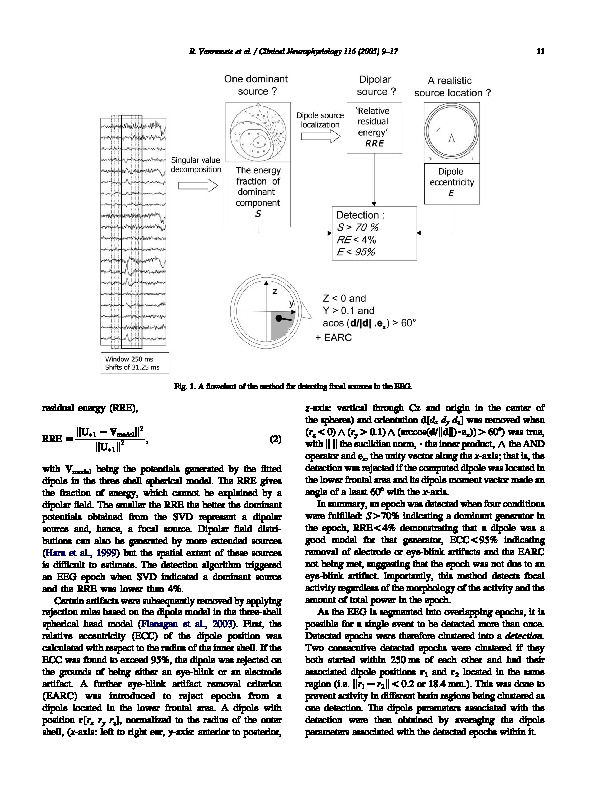
(2005). Slow-wave activity arising from the same area as epileptiform activity in the EEG of paediatric patients with focal epilepsy. Clinical Neurophysiology, 116, . 10.1016/j.clinph.2004.07.032
2004
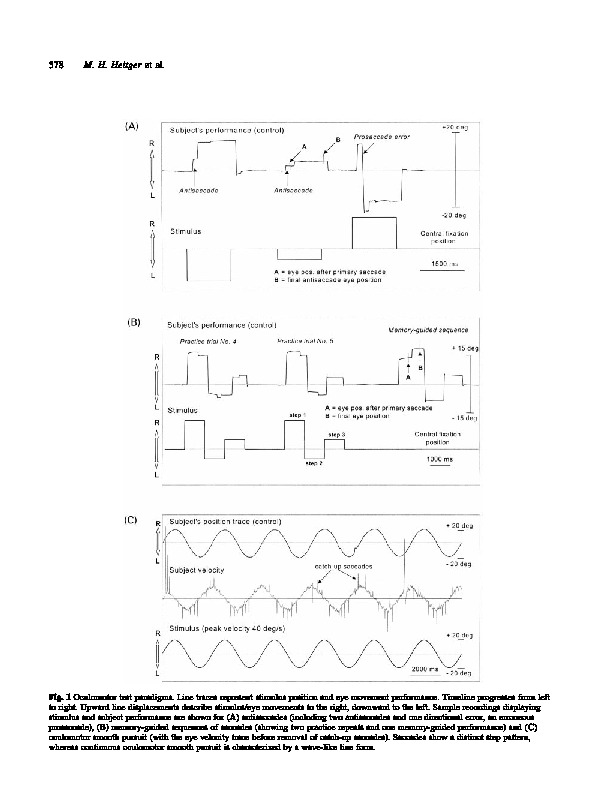
(2004). Eye movement and visuomotor arm movement deficits following mild closed head injury. Brain, 127, . 10.1093/brain/awh066
2003
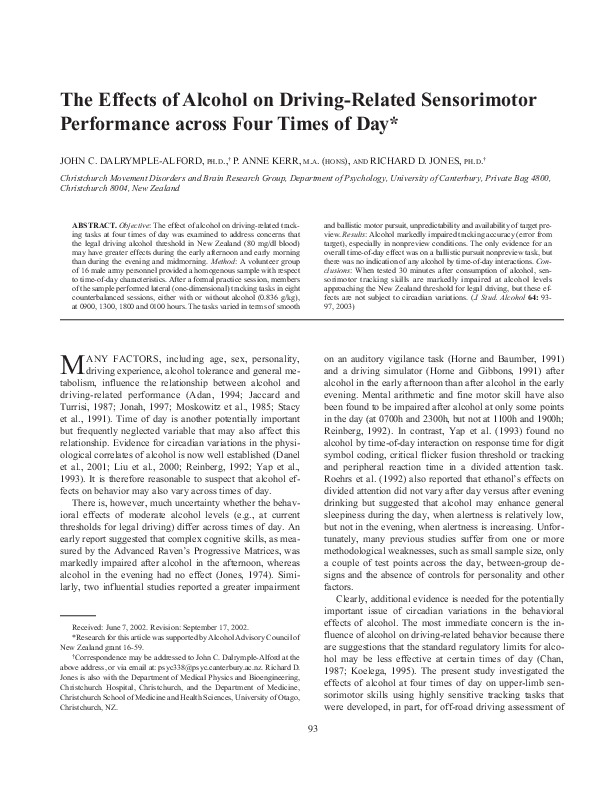
(2003). The effects of alcohol on driving-related sensorimotor performance across four times of day. Journal of Studies on Alcohol, 64, . 10.15288/jsa.2003.64.93
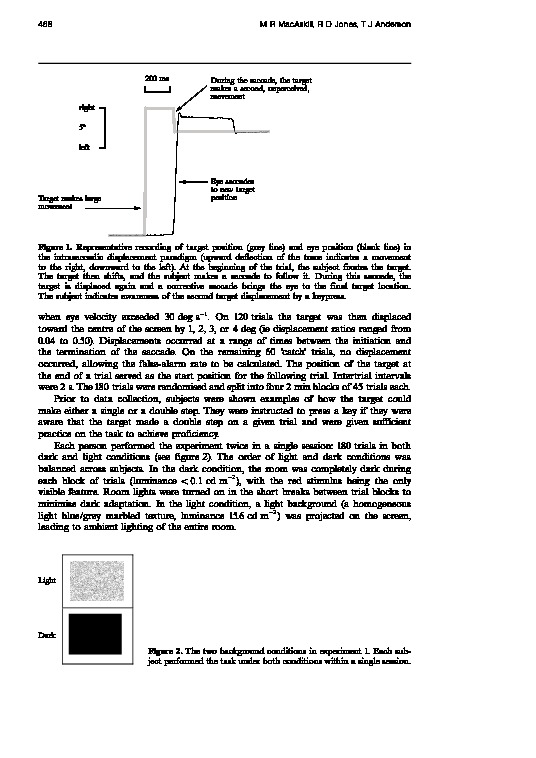
(2003). Saccadic suppression of displacement: effects of illumination and background manipulation. Perception, 32(4), .
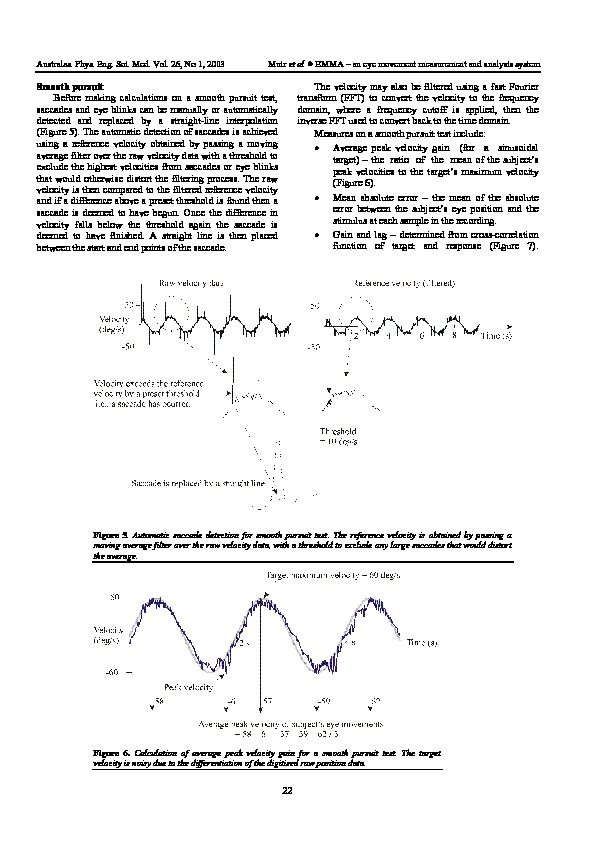
(2003). EMMA " an eye movement measurement and analysis system. Australasian Physical and Engineering Sciences in Medicine, 26, .
2002
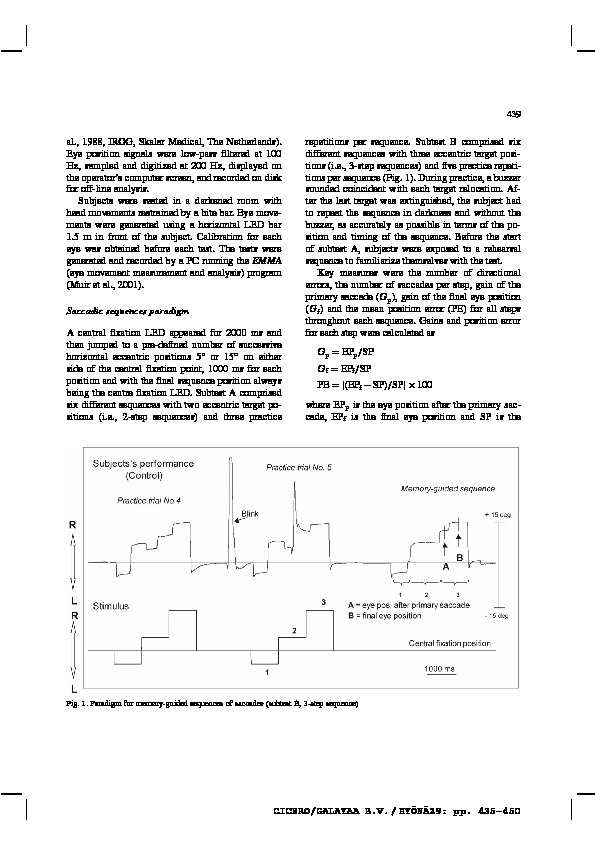
(2002). Saccadic sequences as a marker of deficits in closed head injury. Progress in Brain Research, 140, .
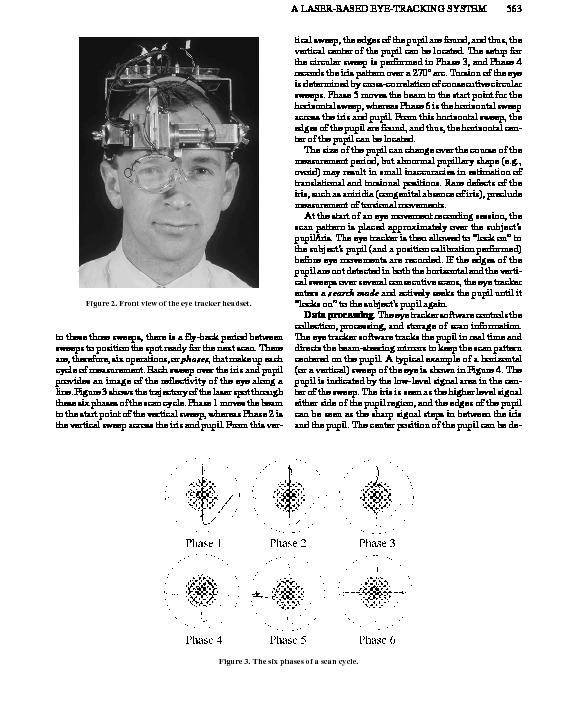
(2002). A laser-based eye-tracking system. Behavior Research Methods, Instruments, & Computers, 34(4), .
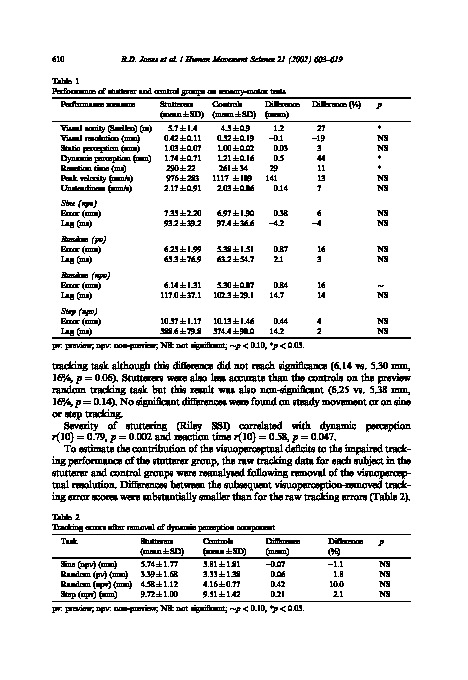
(2002). Visuoperceptual and visuomotor deficits in developmental stutterers: An exploratory study. Human Movement Science, 21, .
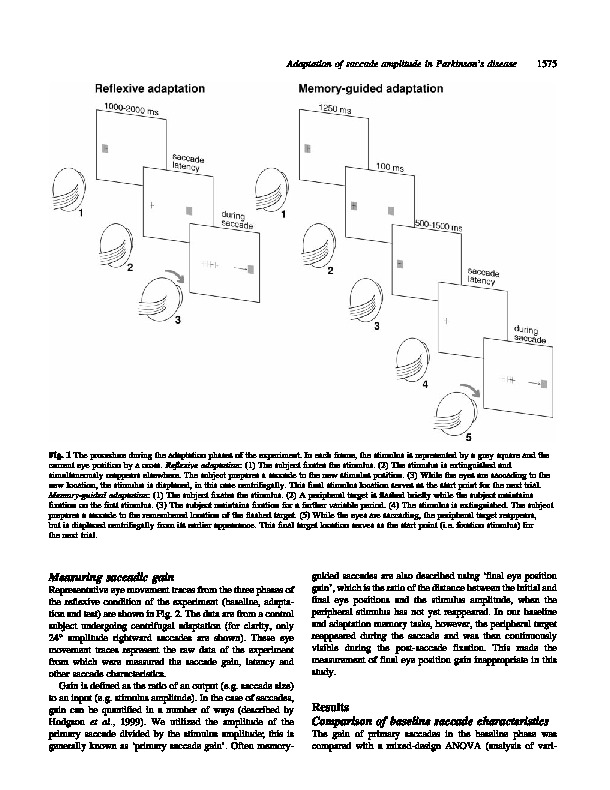
(2002). Adaptive modification of saccade amplitude in Parkinson's disease. Brain, 125(7), .
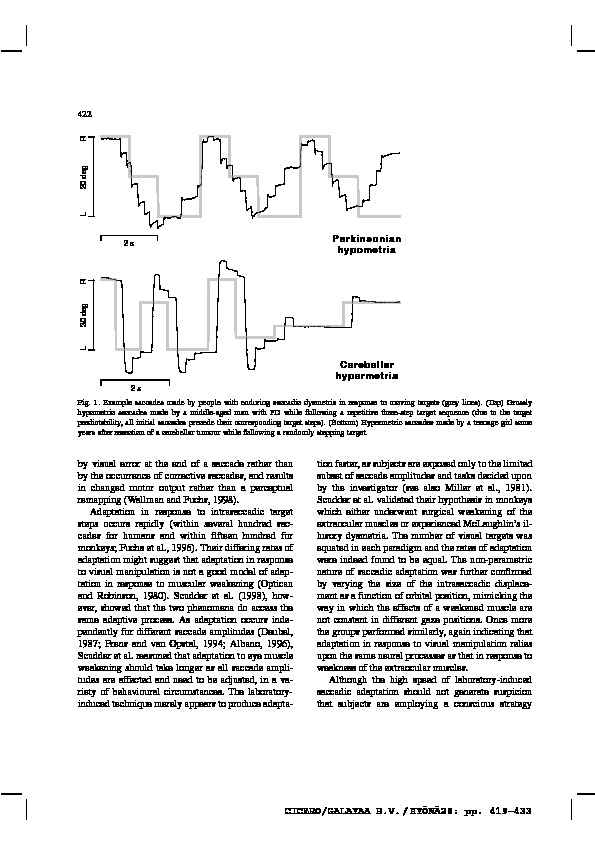
(2002). Saccadic adaptation in neurological disorders. Progress in Brain Research, 140, .
2001
(2001). Dysfluency and involuntary movements: A new look at developmental stuttering. International Journal of Neuroscience, 109, .
2000
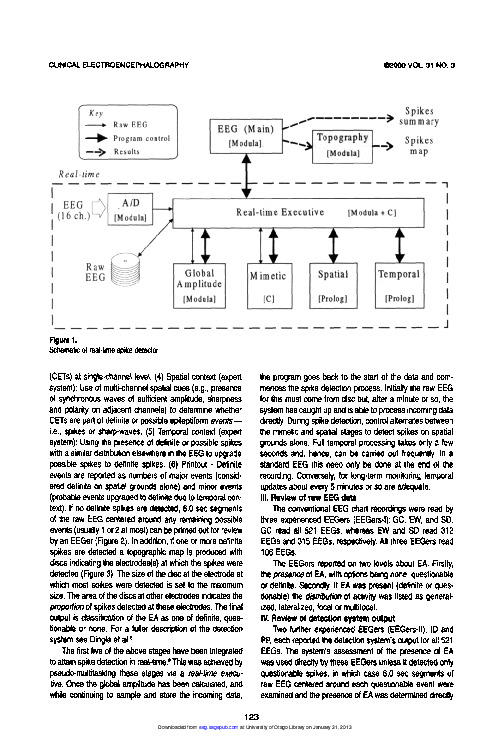
(2000). Real-time detection of epileptiform activity in the EEG: A blinded clinical trial. Clinical Electroencephalography, 31, .
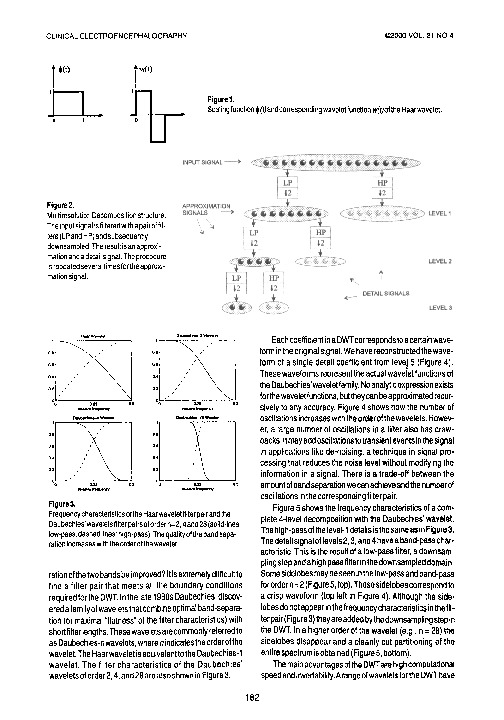
(2000). Wavelet analysis of transient biomedical signals and its application to detection of epileptiform activity in the EEG. Clinical Electroencephalography, 31, .
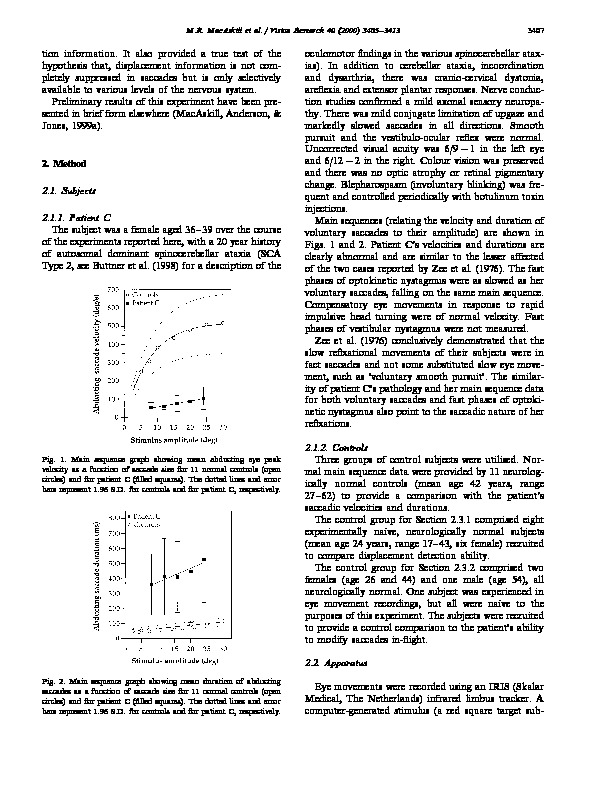
(2000). Suppression of displacement in severely slowed saccades. Vision Research, 40(24), .
1999
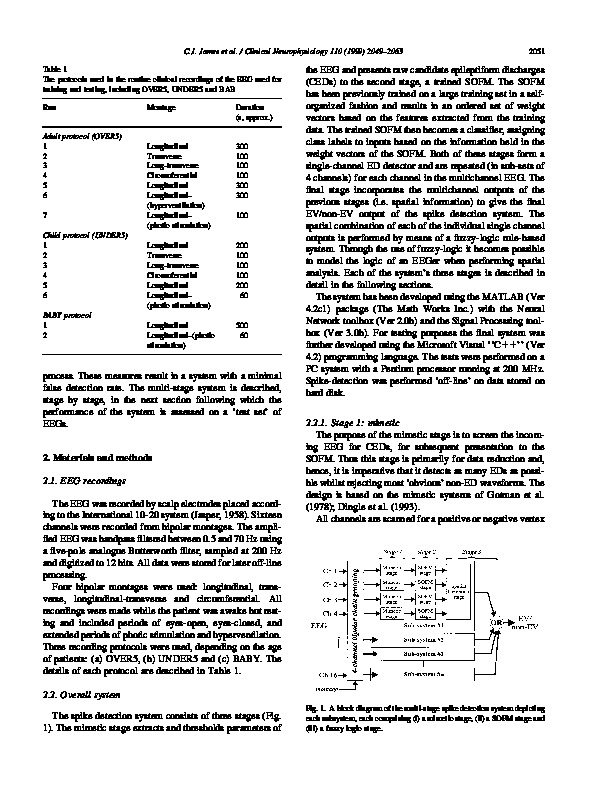
(1999). Detection of epileptiform discharges in the EEG by a hybrid system comprising mimetic, self-organized artificial neural network, and fuzzy logic stages. Clinical Neurophysiology, 110, . 10.1016/S1388-2457(99)00168-6
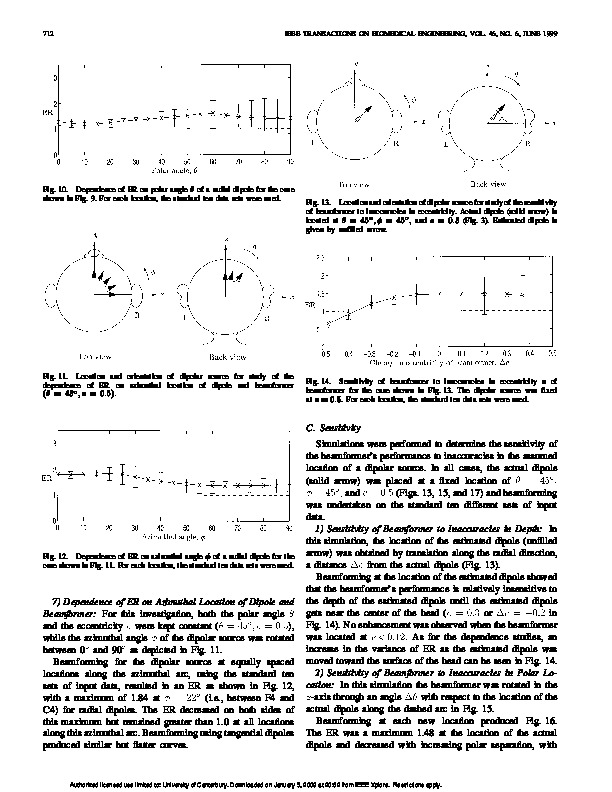
(1999). Enhancement of deep epileptiform activity in the EEG via 3-D adaptive spatial filtering. IEEE Transactions on Biomedical Engineering, 46, . 10.1109/10.764947
1998
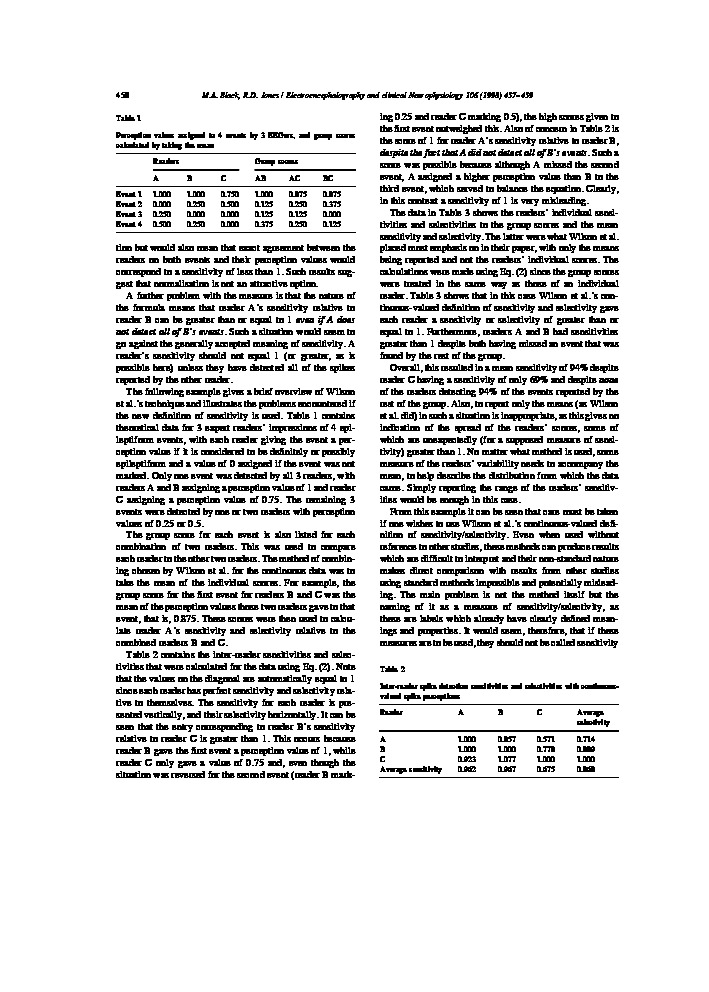
(1998). Sensitivity and selectivity for continuous perception values - A comment. Electroencephalography and clinical Neurophysiology, 106, .
1997
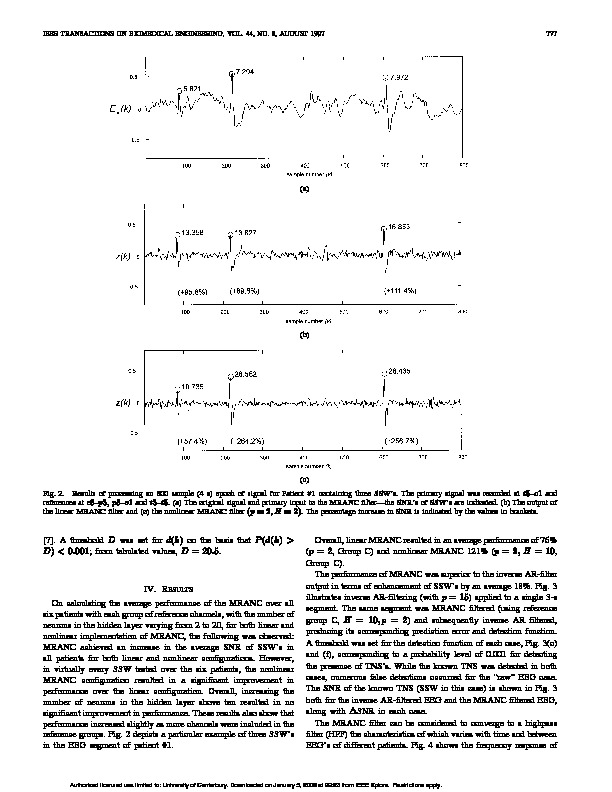
(1997). Multireference adaptive noise cancelling applied to the EEG. IEEE Transactions on Biomedical Engineering, 44, .
1996
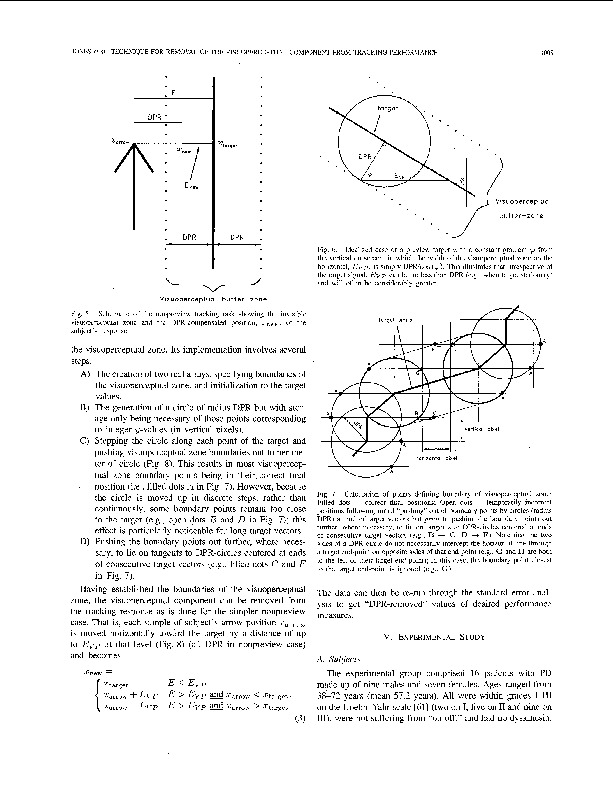
(1996). A technique for the removal of the visuospatial component from tracking performance and its application to Parkinson's disease. IEEE Transactions on Biomedical Engineering, 43, .
1995
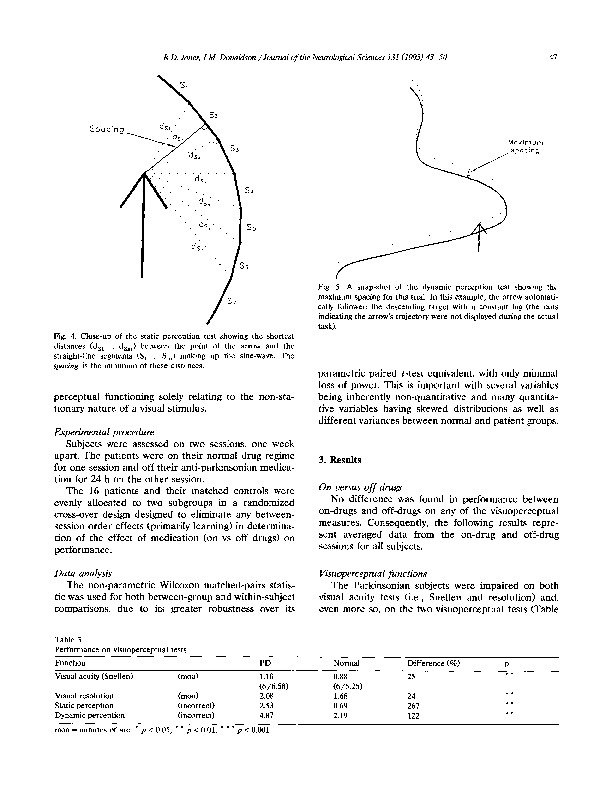
(1995). Fractionation of visuoperceptual dysfunction in Parkinson's disease. Journal of the Neurological Sciences, 131, .
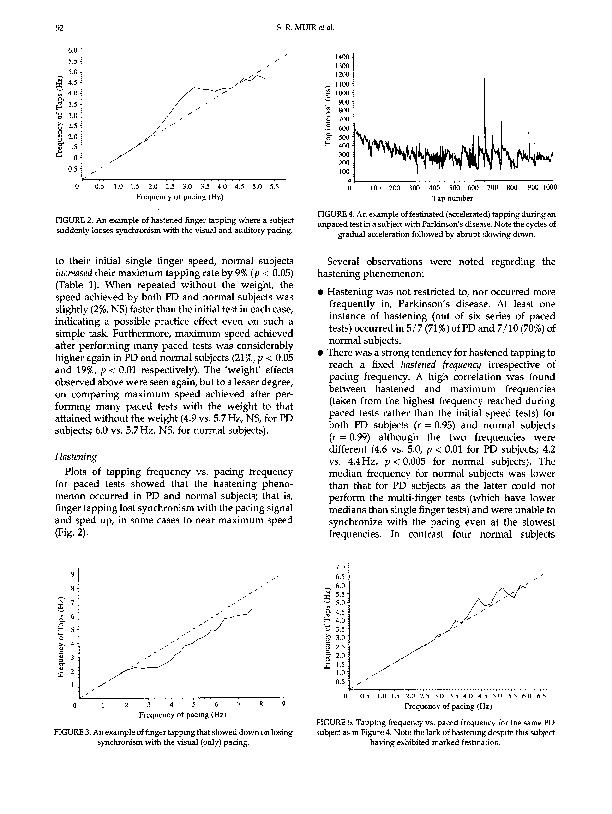
(1995). Measurement and analysis of single and multiple finger tapping in normal and Parkinsonian subjects. Parkinsonism & Related Disorders, 1, .
1993
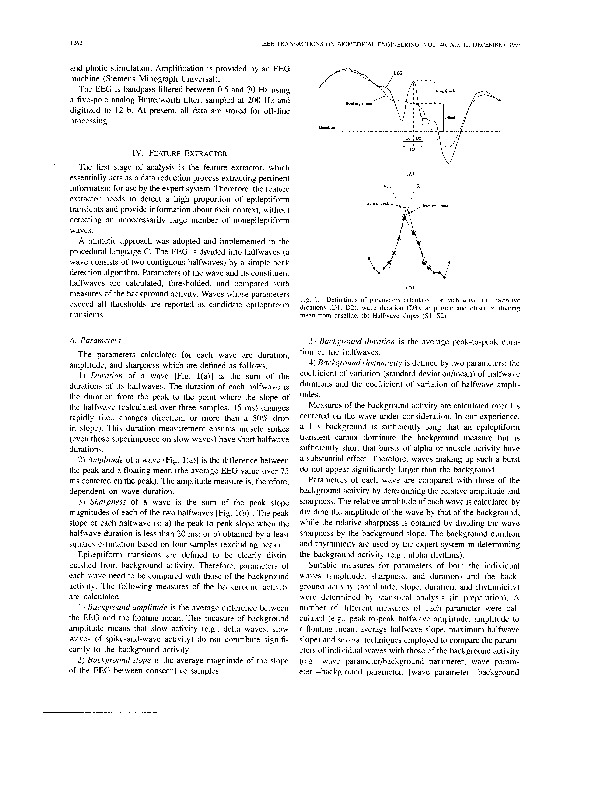
(1993). A multi-stage system to detect epileptiform activity in the EEG. IEEE Transactions on Biomedical Engineering, 40(12), .
1992
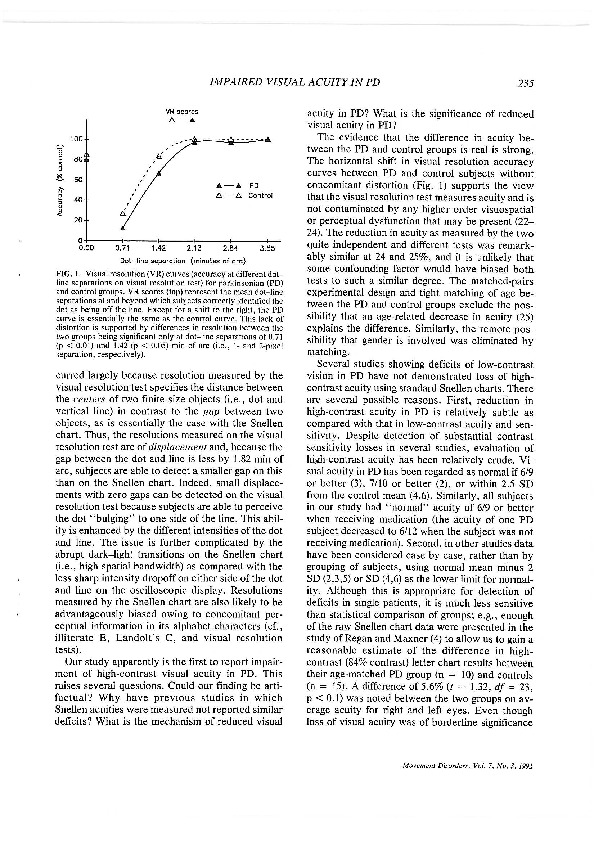
(1992). Impairment of high-contrast visual acuity in Parkinson's disease. Movement Disorders, 7, .
1990
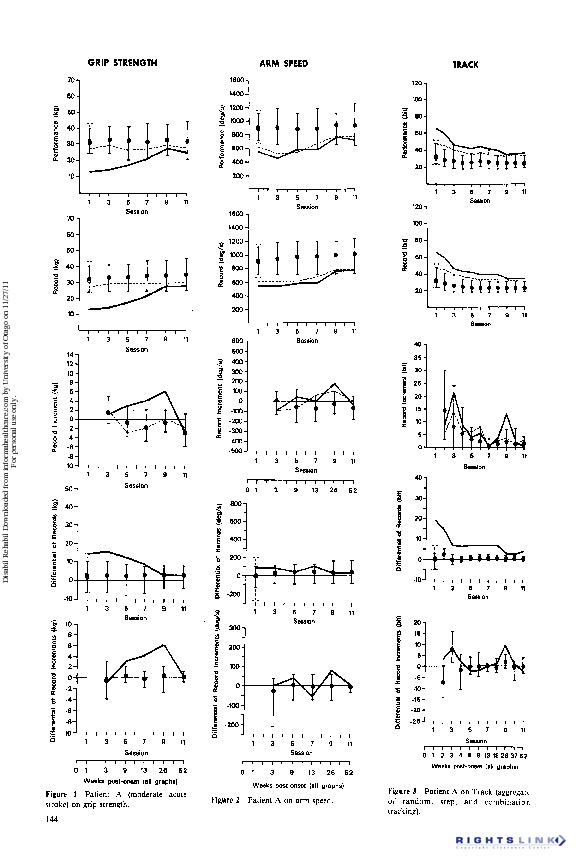
(1990). Impairment and recovery profiles of sensory-motor function following stroke: single-case graphical analysis techniques. International Disability Studies, 12(4), .
1989
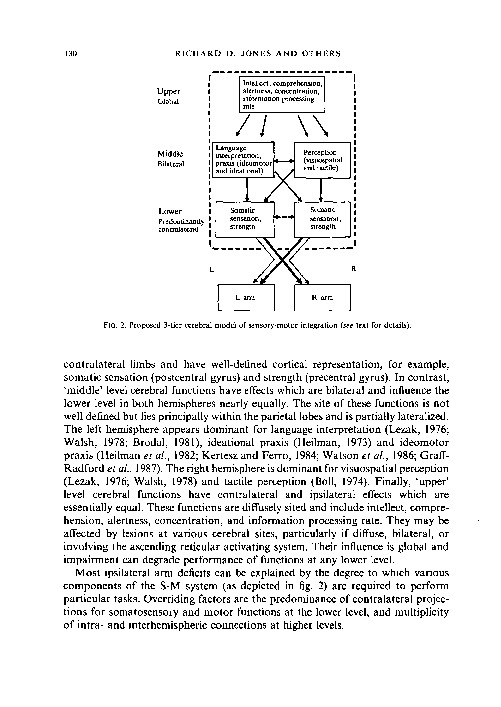
(1989). Impairment and recovery of ipsilateral sensory-motor function following unilateral cerebral infarction. Brain, 112, .
1986
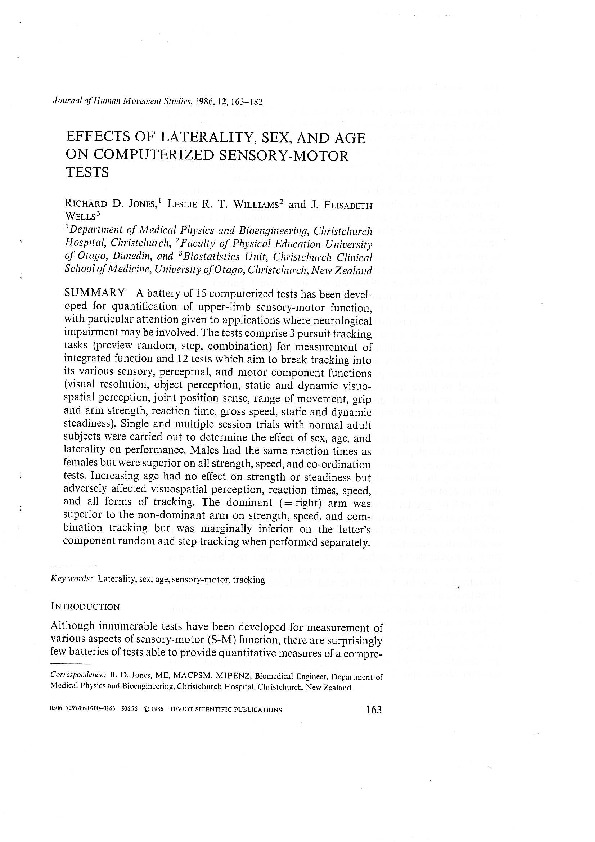
(1986). Effects of laterality, sex, and age on computerized sensory-motor tests. Journal of Human Motor Studies, 12, .
Abstracts and Short papers
2021
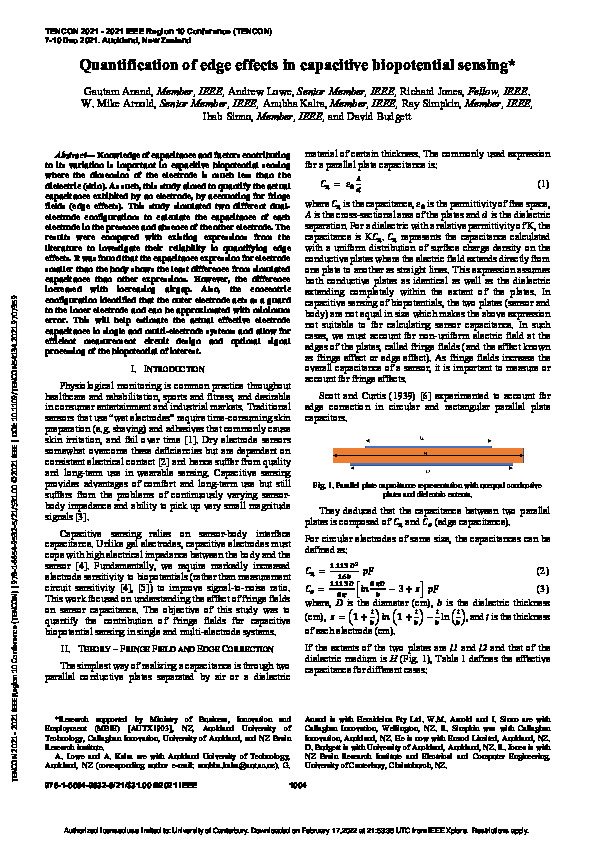
(2021). Quantification of edge effects in capacitive biopotential sensing. TENCON 2021 - 2021 IEEE Region 10 Conference, 1004–1007. 10.1109/TENCON54134.2021.9707359
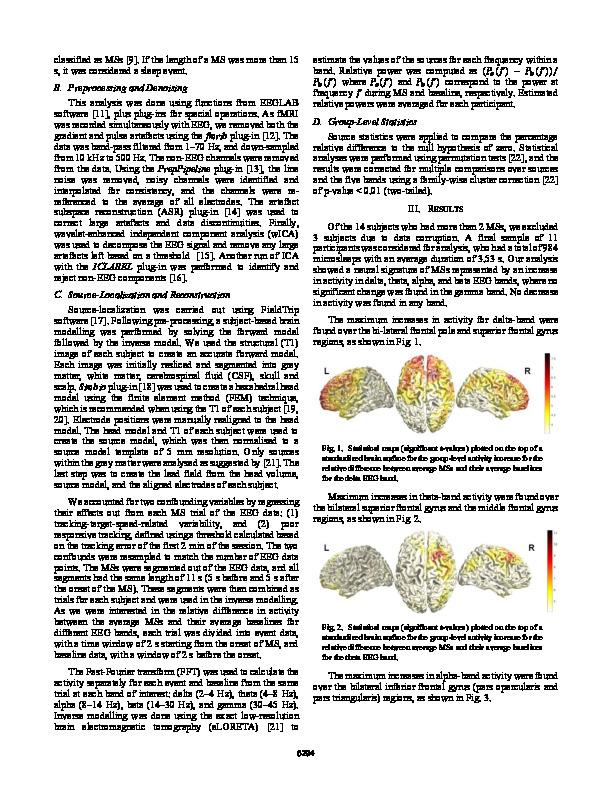
(2021). Investigating the neural signature of microsleeps using EEG. Proceedings of International Conference of IEEE Engineering in Medicine and Biology Society, 43, .
2020
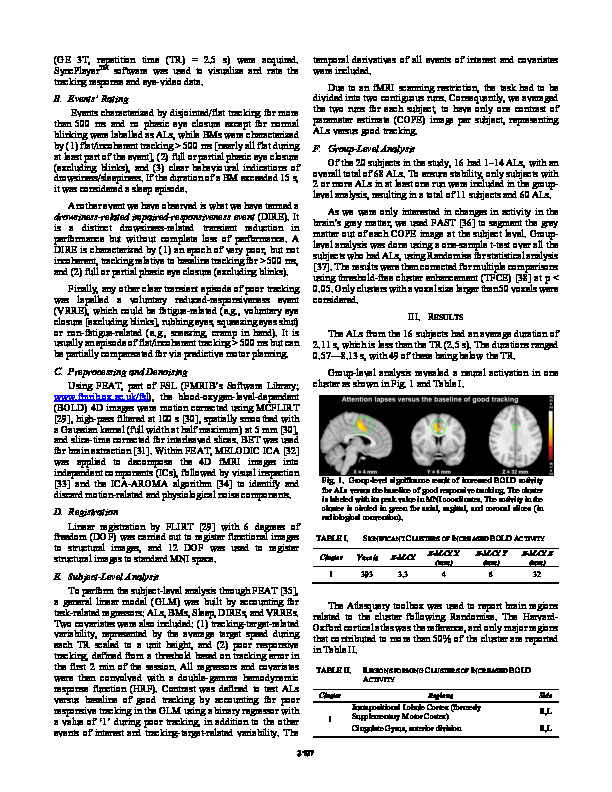
(2020). Neural correlates of attention lapses during continuous tasks. Proceedings of International Conference of IEEE Engineering in Medicine and Biology Society, 42, .
2019
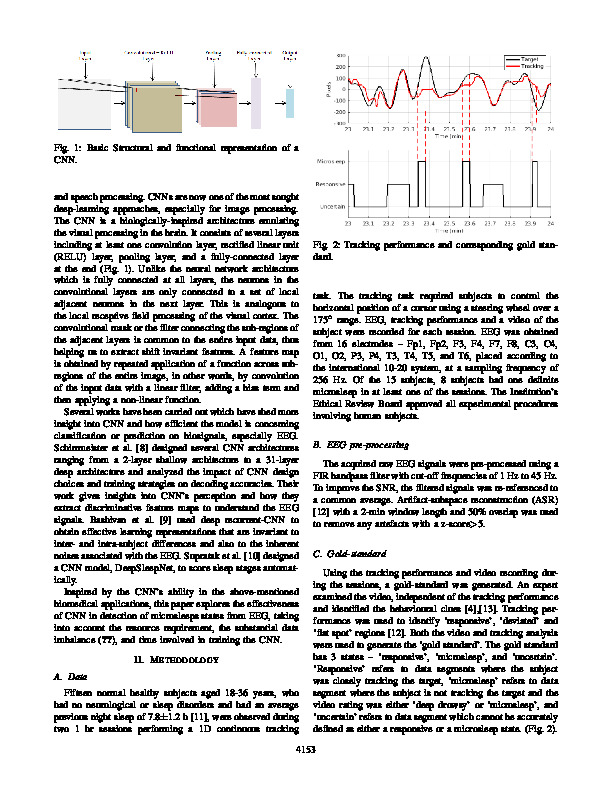
(2019). Deep learning with convolutional neural network for detecting microsleep states from EEG: A comparison between the oversampling technique and cost-based learning. Proceedings of Annual International Conference of IEEE Engineering in Medicine and Biology Society, 41, .
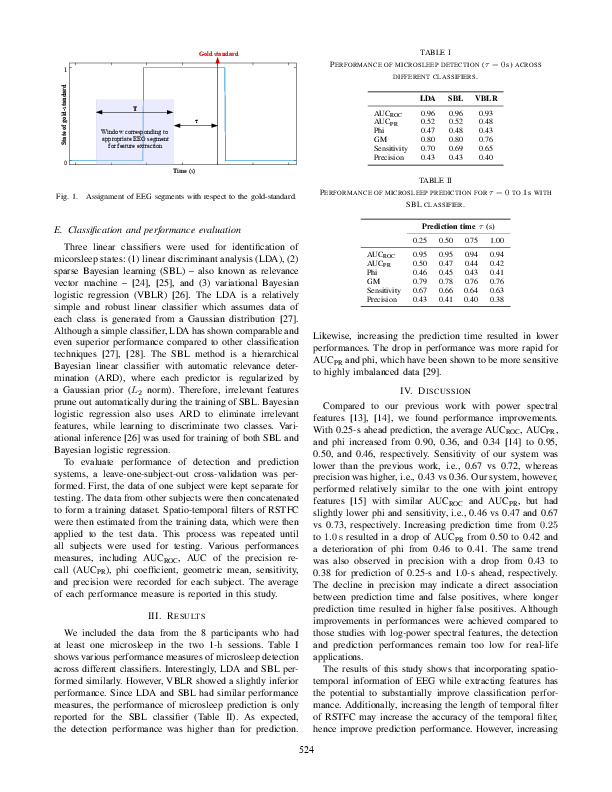
(2019). Detection and prediction of microsleeps from EEG using spatio-temporal patterns. Proceedings of Annual International Conference of IEEE Engineering in Medicine and Biology Society, 41, .
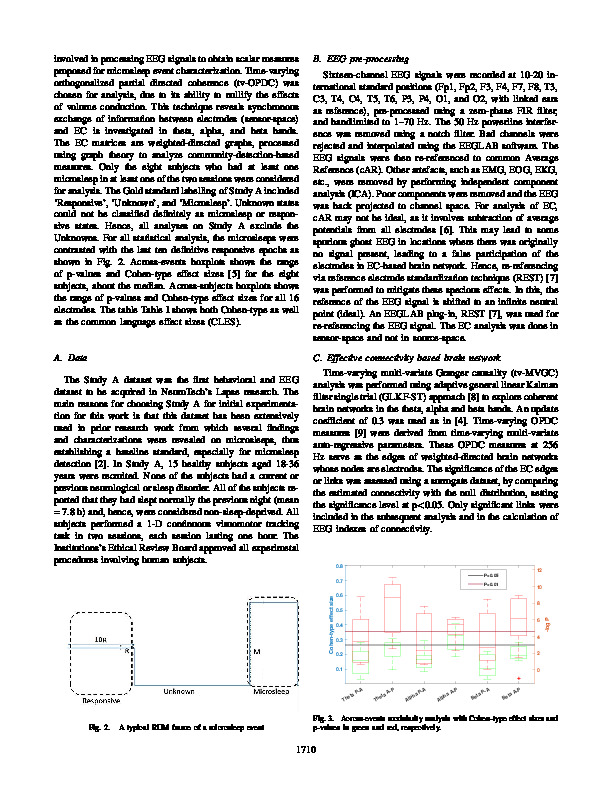
(2019). Characteristic changes in the EEG signals between microsleeps and preceding responsive states. Proceedings of Annual International Conference of IEEE Engineering in Medicine and Biology Society, 41, .
2018
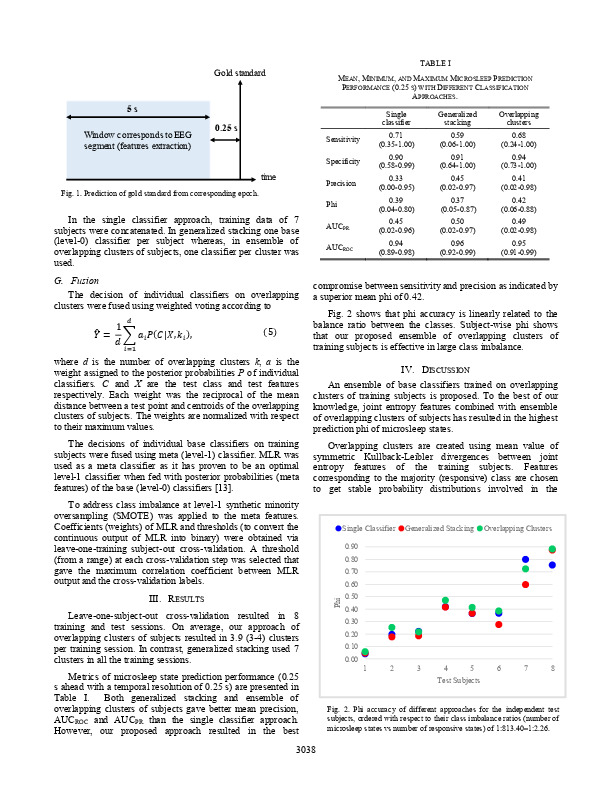
(2018). Ensemble learning based on overlapping clusters of subjects to predict microsleep states from EEG. Proceedings of Annual International Conference of IEEE Engineering in Medicine and Biology Society, 40, .
2017
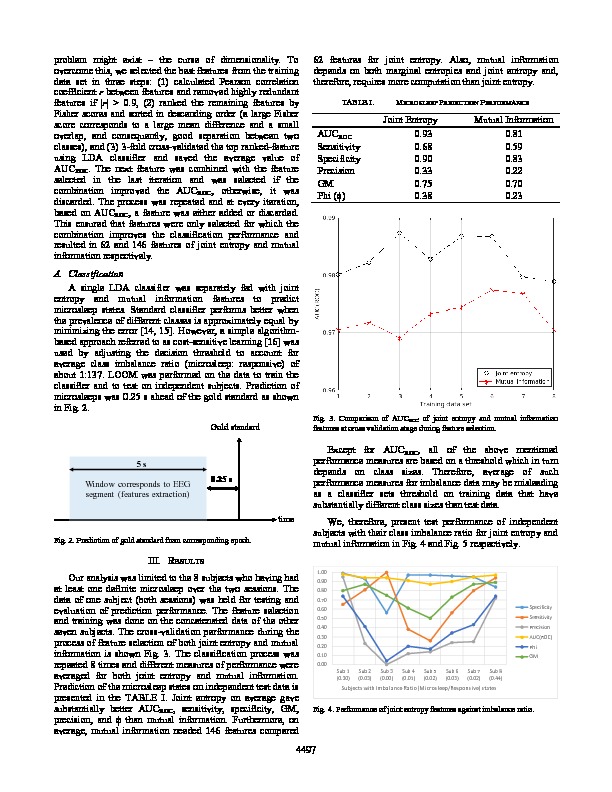
(2017). Prediction of microsleeps using pairwise joint entropy and mutual information between EEG channels. Proceedings of Annual International Conference of IEEE Engineering in Medicine and Biology Society, 39, .
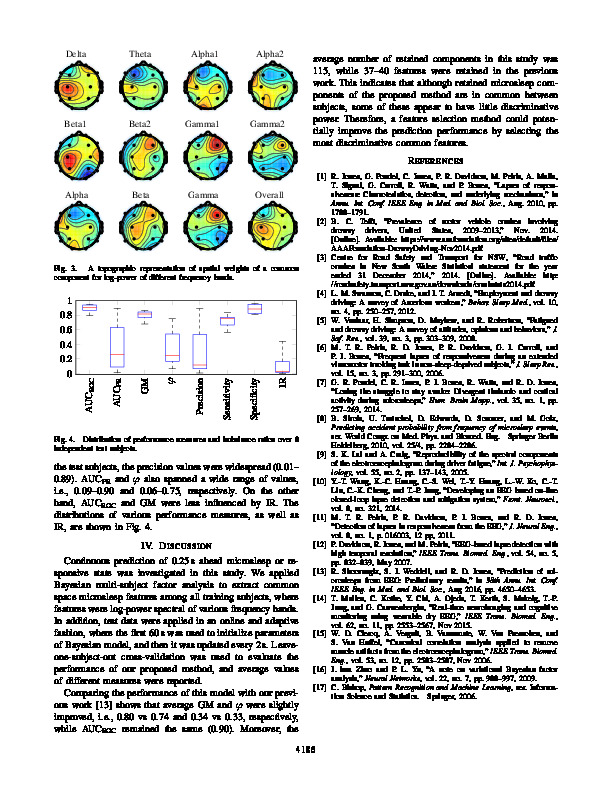
(2017). Bayesian multi-subject factor analysis to predict microsleeps from EEG power spectral features. Proceedings of Annual International Conference of IEEE Engineering in Medicine and Biology Society, 39, .
2016

(2016). Prediction of microsleeps from EEG: preliminary results. Proceedings of Annual International Conference of IEEE Engineering in Medicine and Biology Society, Orlando, 38, .
2015
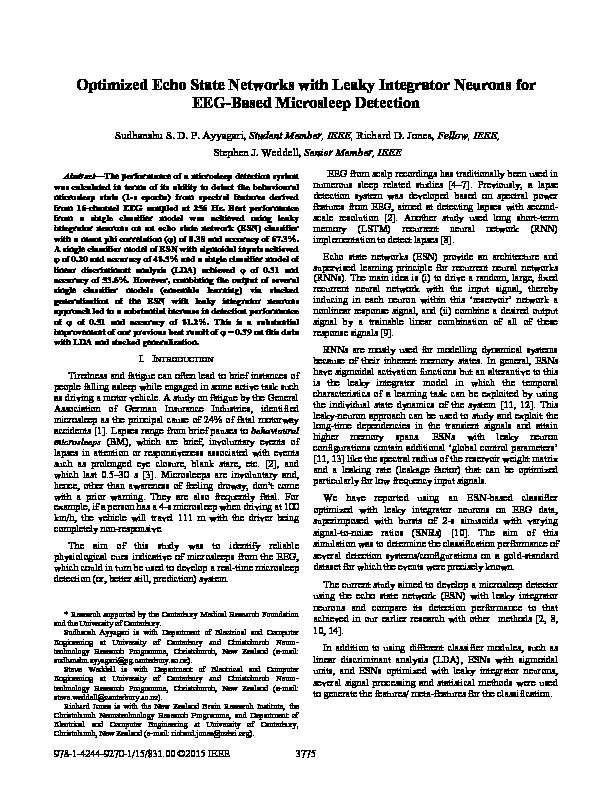
(2015). Optimized echo state networks with leaky integrator neurons for EEG-based microsleep detection Proceedings of Annual International Conference of IEEE Engineering in Medicine and Biology Society. , 37, .
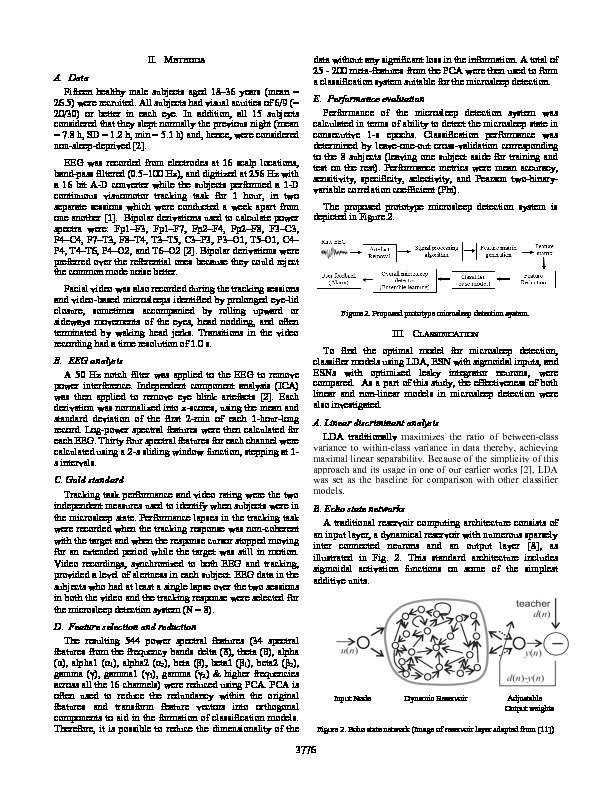
(2015). Optimized echo state networks with leaky integrator neurons for EEG-based microsleep detection. Proceedings of Annual International Conference of IEEE Engineering in Medicine and Biology Society, Milan, 37, .
2014
(2014). The development of an impedance-based swallowing biofeedback device (Abstract). Australasian Physical & Engineering Sciences in Medicine, [Presented at New Zealand Physics and Engineering in Medicine Conference (NZPEM 2014) Christchurch, Nov 2014].
2011
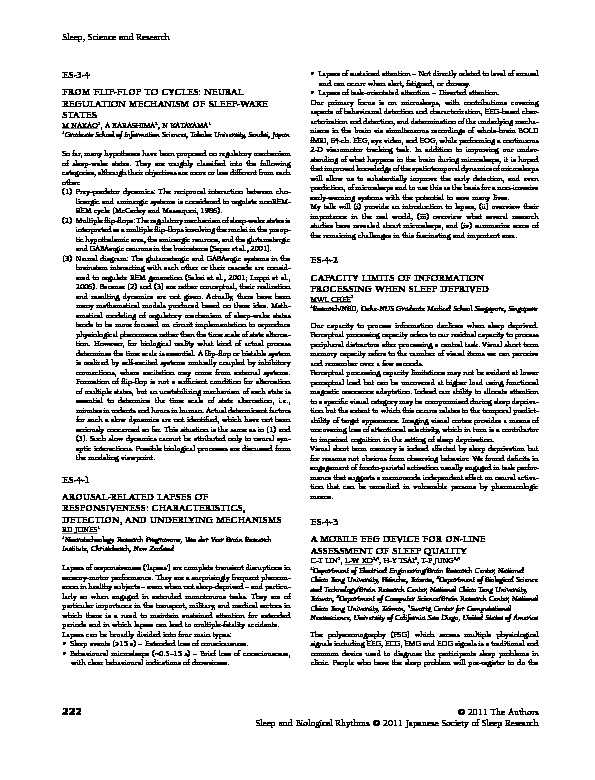
(2011). Arousal-related lapses of responsiveness: characteristics, detection, and underlying mechanisms, (Abstract). Sleep and Biological Rhythms, 9(4), .
2010
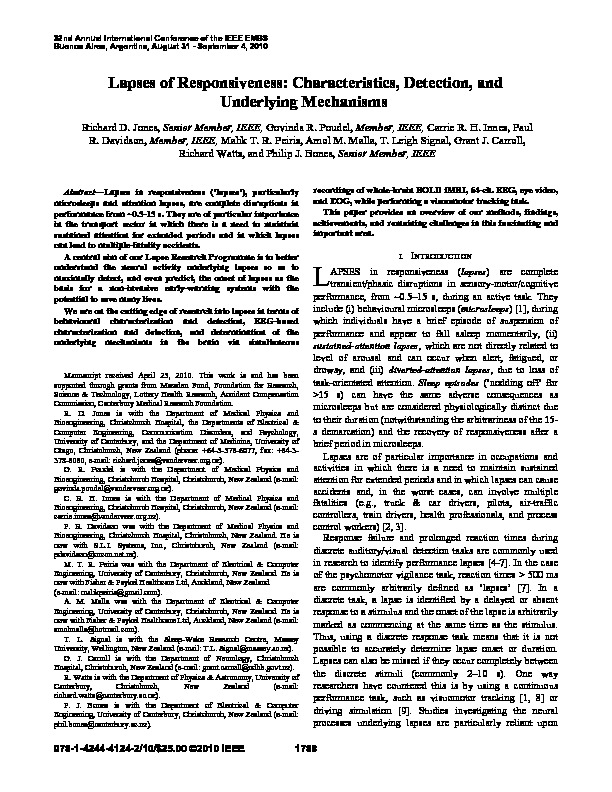
(2010). Lapses of responsiveness: Characteristics, detection, and underlying mechanisms. Proceedings of Annual International Conference of IEEE Engineering in Medicine and Biology Society, 32, . 10.1109/IEMBS.2010.5626385.
2008
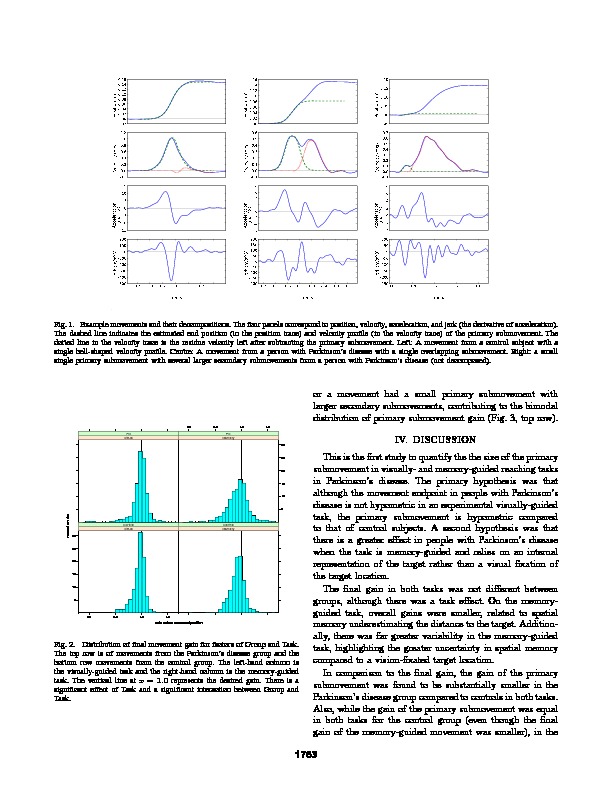
(2008). Submovements in visually-guided and memory-guided reaching tasks: changes in Parkinson's disease. In Proceedings of the 30th Annual International Conference of IEEE Engineering in Medicine and Biology Society.
2005
-Shanghai-China_2005.pdf.jpeg)
(2005). Detecting behavioral microsleeps using EEG and LSTM recurrent neural networks. Proceedings of 27th Annual International Conference of IEEE Engineering in Medicine and Biology Society (EMBC 2005), Shanghai, China, 27, .

New Zealand Brain Research Institute
66 Stewart St
Christchurch 8011 New Zealand
Copyright © 2022 New Zealand Brain Research Institute
Source: https://www.nzbri.org/People/jones/
0 Response to "Continual Learning Institute Richard Jones Road"
Post a Comment